With bullying by political bigwigs and authority figures alike currently on the rise even in the field of sports – most recently witnessed in the case of Olympian Sakshi Malik tearfully pulling the plug on an illustrious career out of protest after an unfruitful journey of securing justice for her fellow athletes who accused politician and president of the Wrestling Federation of India Brij Bhushan Kumar of sexual assault, I felt it only pertinent to pen an essay on two contemporary Indian movies, ‘Mukkabaaz’ (2017) and ‘Budhia Singh – Born to Run’ (2016), both of which have not only pulled back the curtain on dirty politics but also similar instances of the rampant abuse of power that unfortunately takes first place or precedence over the field of sports and the achievements of a sportsperson itself.
Playing for honour and equality rather than for a medal
In ‘Mukkabaaz’, art imitates reality, with caste politics running parallel to the dreams of its lead, a young boxer Shravan Singh (played by actor and screenwriter Vineet Kumar Singh) who is belittled and subjected to hate crimes propogated by Bhagwan Das Mishra (Jimmy Shergill), an entitled, sinister and highly bigoted boxing federation head who is further enabled by other such corrupt beurocratic figures whose only claim to fame is their high caste background. Thus, in an act of retaliation, both Shravan and his coach Sanjay Kumar, who is similarly wronged as a member of the Dalit community himself, feel compelled to power through and put on their boxing gloves to beat down upon casteism itself.
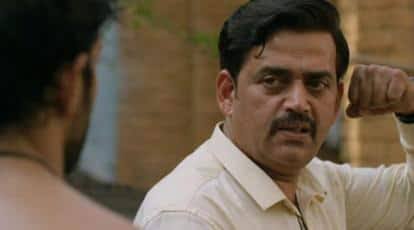
In a similar vein, ‘Budhia Singh…’ recounts the true story of perseverance and endurance of a driven coach Biranchi Das (Manoj Bajpayee) and his young protege, the titular Budhia (played by child actor Mayur Mahendra Patole), as the duo is propelled into the spotlight for all the wrong reasons, becoming the subject of a controversy triggered by the TRP-hungry press and dirty politics, with a focus on Biranchi’s futile attempts at batting off a volley of false accusations of child abuse. Due to the villification of possibly the only positive role model in Budhia’s life (the young athlete grew up in poverty, and was sold off by a desperate mother)- his flawed but overall well intentioned and headstrong coach who doubles as a doting foster parent, the titular character’s rags to riches success story reaches an abrupt halt and finds itself inadvertently turning into a hot bed for unnecessary media bias and twisted narratives that are pushed by politicos resorting to cheap tactics in exchange for public goodwill among their voters.
Standing up for rights ‘killed’ the sportsperson
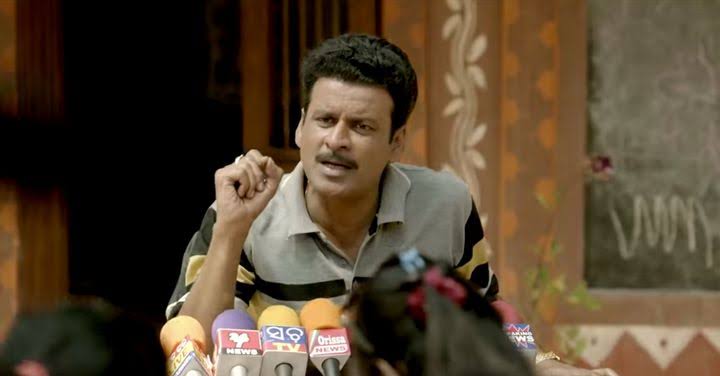
Both movies also champion the need to nip rivalry and selfish motivations in the bud before they end up nipping a promising sports career in the bud, with a scene in the first act of Mukkabaz featuring the depiction of a toxic training environment wherein the supremely problematic and inhumane Bhagwan Das Mishra pits a group of boxers against each other during a training session, quite literally siccing them upon Shravan Singh like a pack of trained hounds, a distasteful tactic that is probably the biggest example of unsportsmanlike conduct!
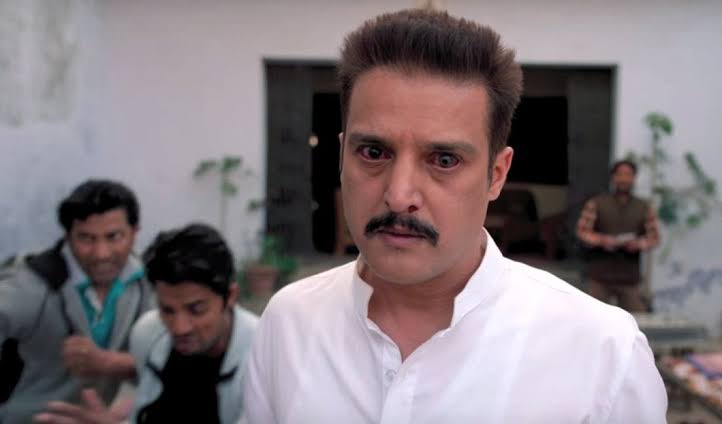
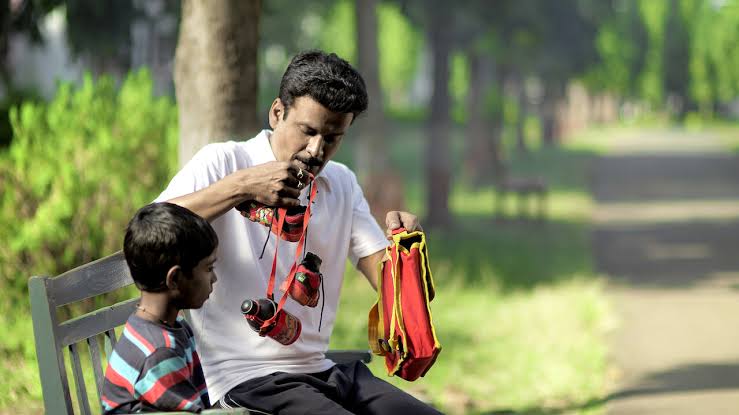
Similarly, Biranchi from ‘Budhia Singh…’ is painted as/reduced to an exploitative individual , despite his expertise on the sport of track and field. He is largely demonised even by notable but questionable figures in the sports fraternity like former athelete-turned- politician PT Usha and Milkha Singh who add their two cents on the situation, thus aggravating it, and even by non athletes like businessman Narayan Murthy crying foul at Biranchi’s methods, only seeking to gain clout from the same. Interestingly, it seems as if ‘Budhia Singh…’ foretold the ‘Brij Bhushan fiasco’, since PT Usha further received furor and backlash for her ignorant, narrow-minded and unprofessional attitude towards her fellow athletes by turning a blind eye to their pleas for justice.
Such undignified moves, whether politically or personally motivated, only threaten to reduce the longevity of a flourishing and even up-and-coming sportsperson and with it, the sense of belonging, pride and patriotism gained from playing for the glory of one’s country.
To the victor go the spoils…
Ultimately, this essay doesn’t end on the happiest of notes since it is highly demoralising (yet not entirely surprising) to note that both ‘Mukkabaaz’ and ‘Budhia Singh- Born To Run’ end with an unfair outcome for its sporting and spirited protagonists, with their antagonists securing an unfair win, thus acting as a biting social commentary on not only the power dynamics which have held many a sportsperson back, but also on the justice system itself which has devolved into a depraved joke.
However, despite repeated endeavours to keep them down, I sincerely hold on to hope that athletes with a spine such as Sakshi Mallik, Bajrang Punia and Vinesh Phogat will still keep at it with dignity and grace, with their heads held high, their eye on the prize, and with the rest of the sports fraternity also stepping up to the challenge and following suit, so that justice can eventually prevail above all else.

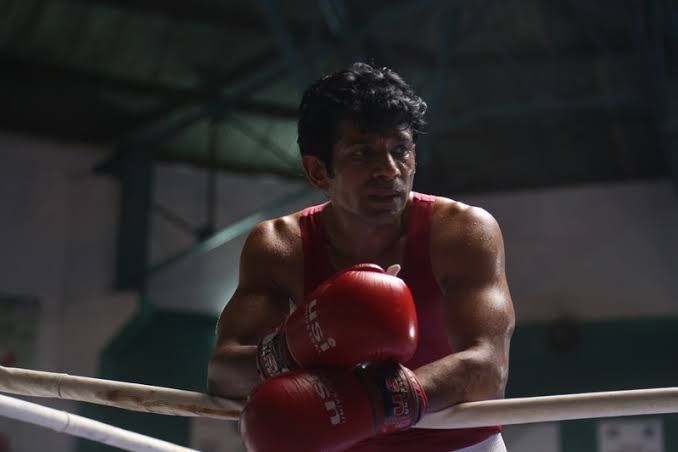
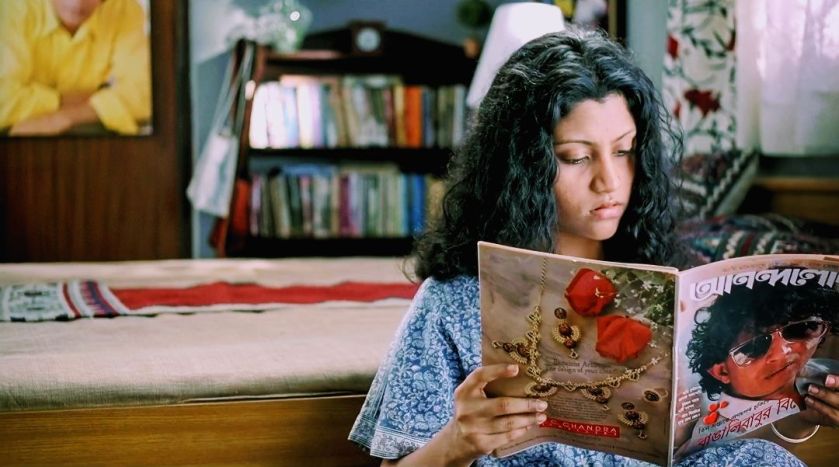
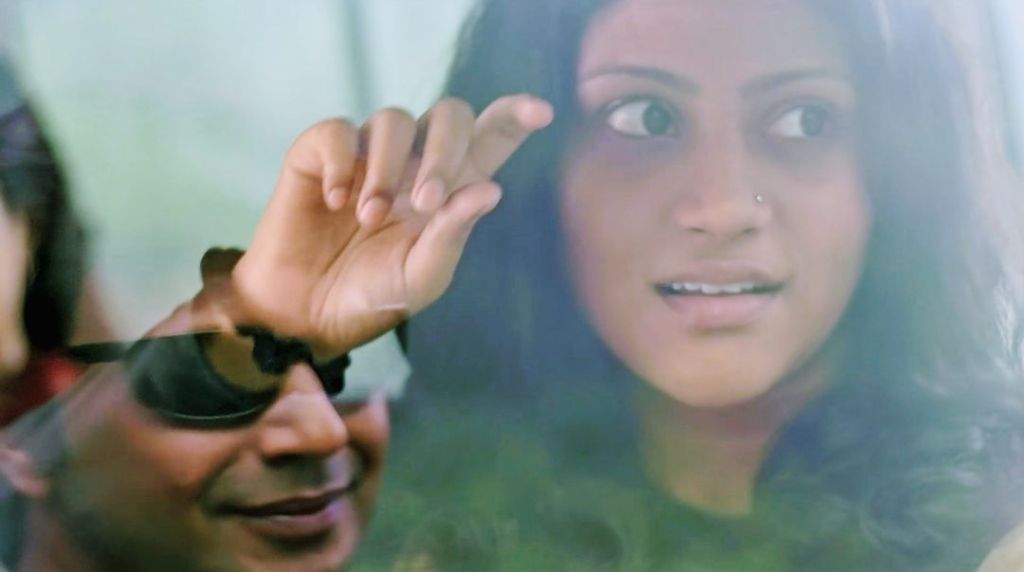
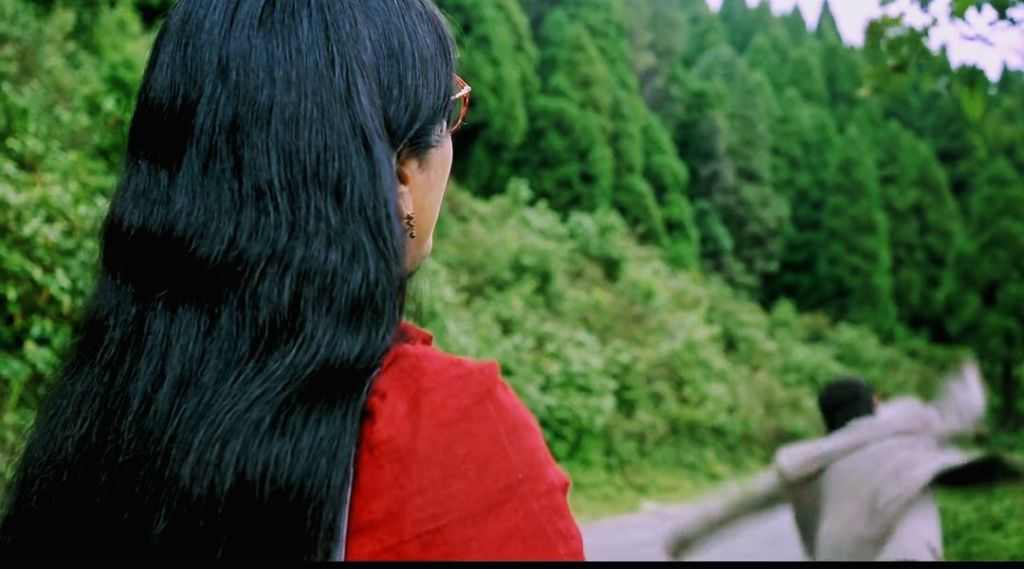
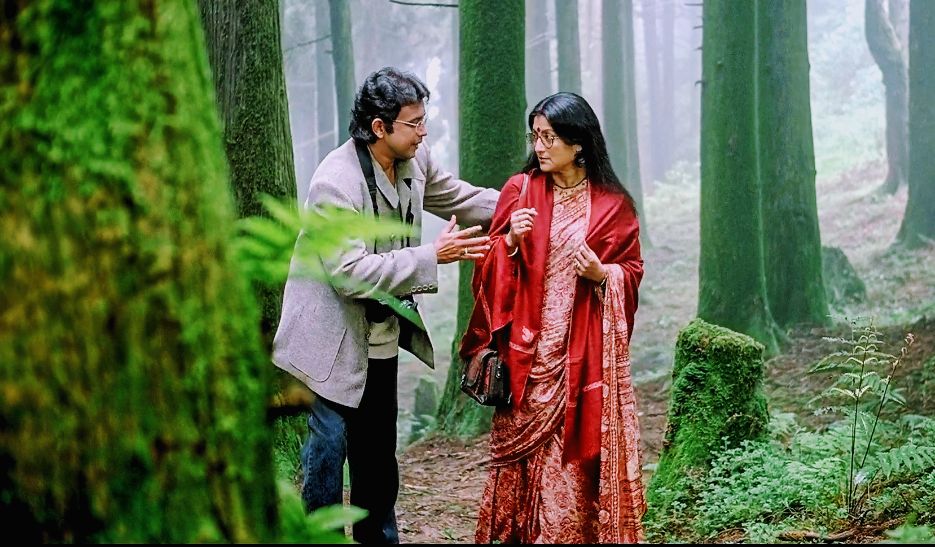
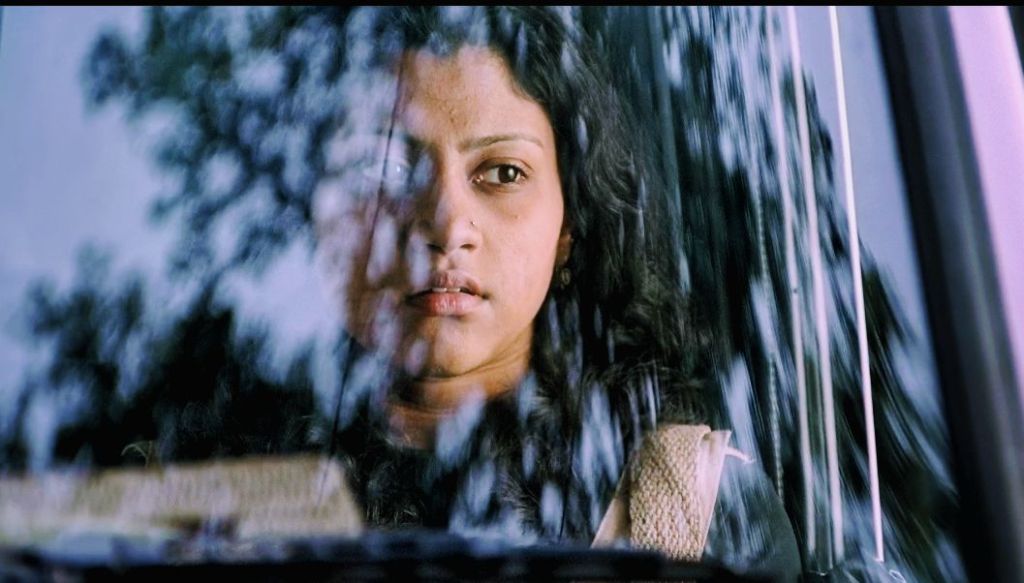
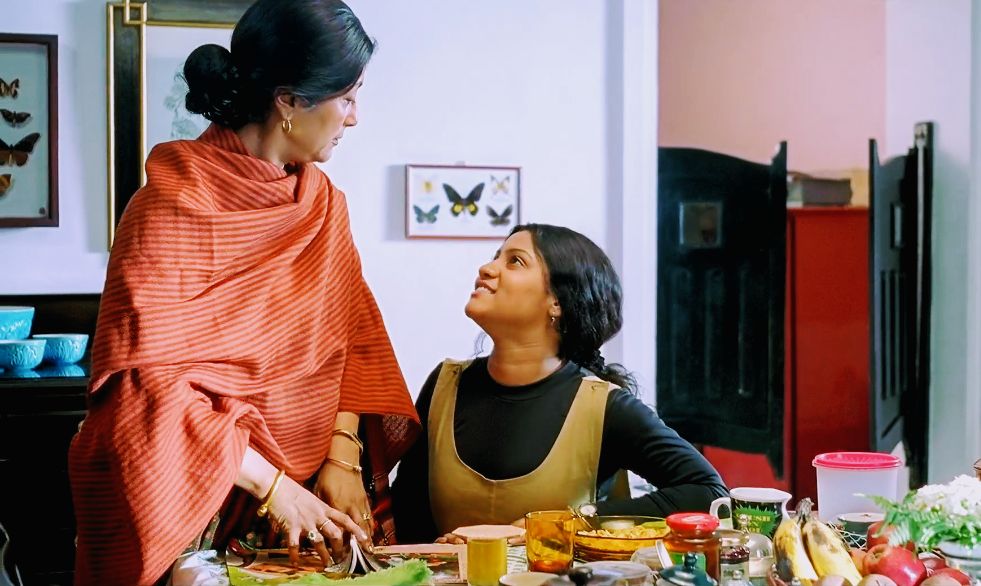
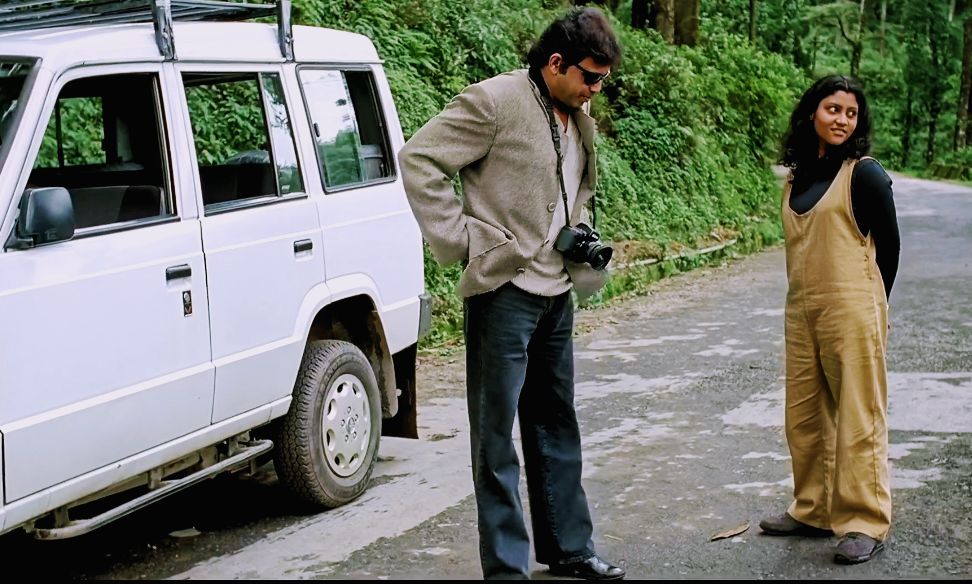

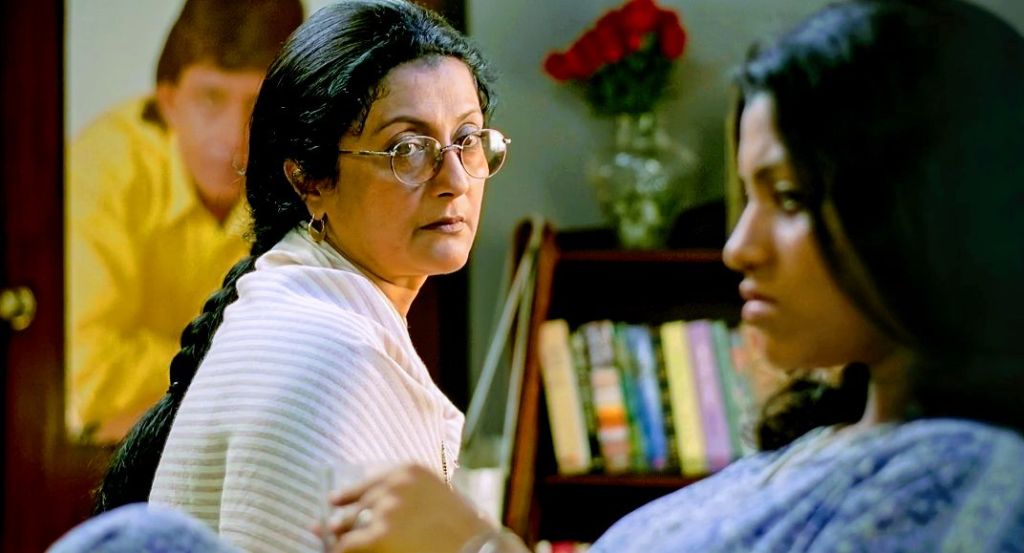
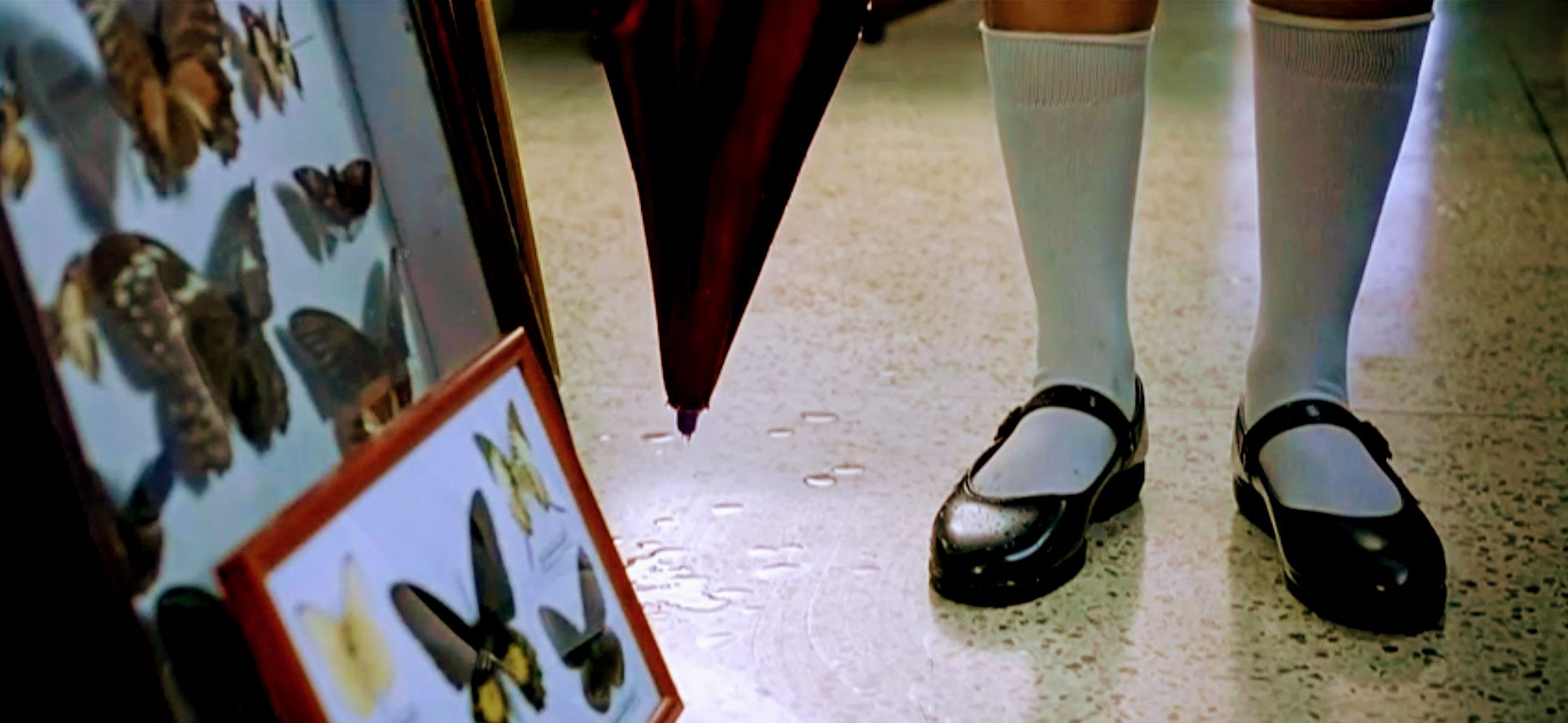
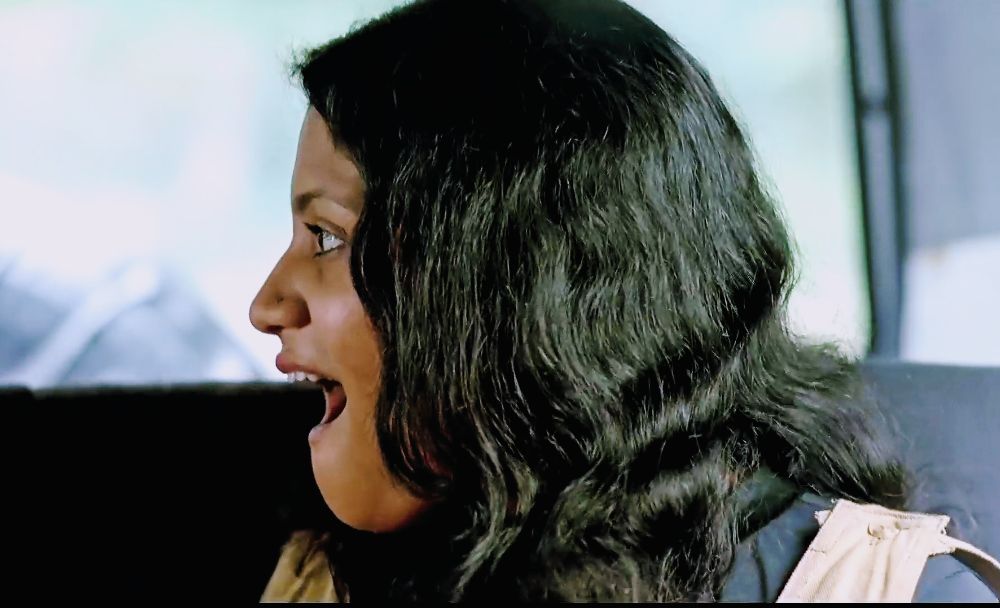
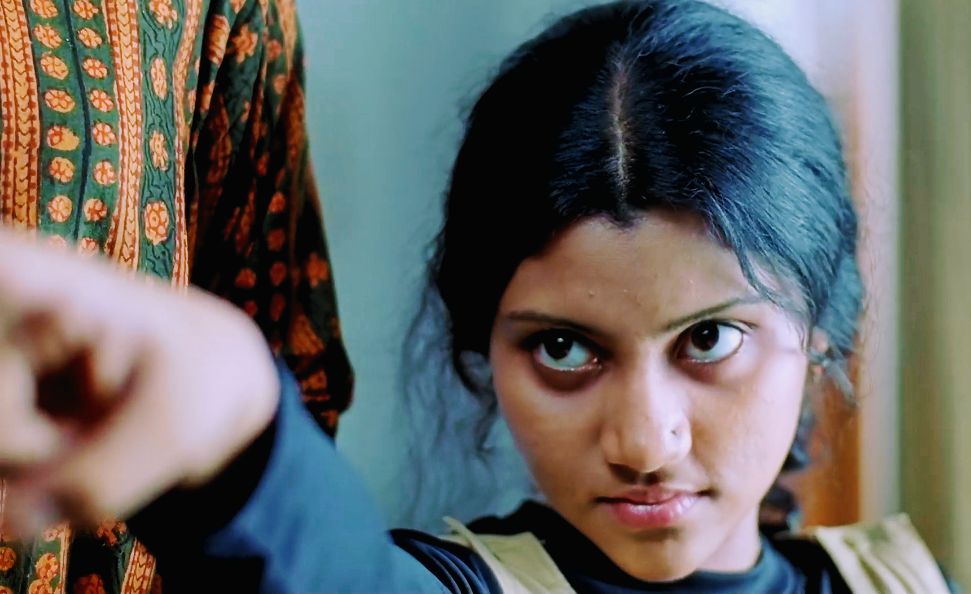
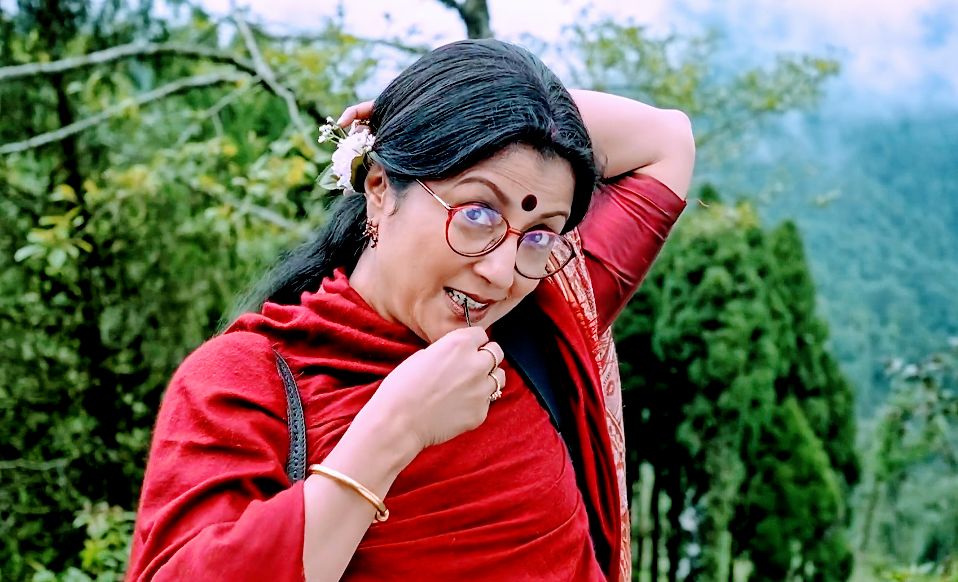
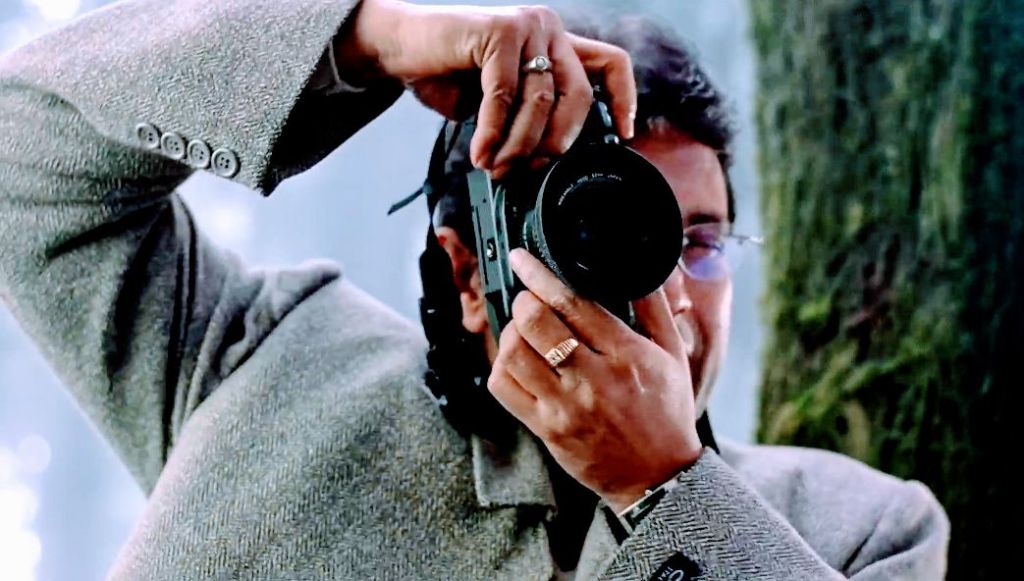

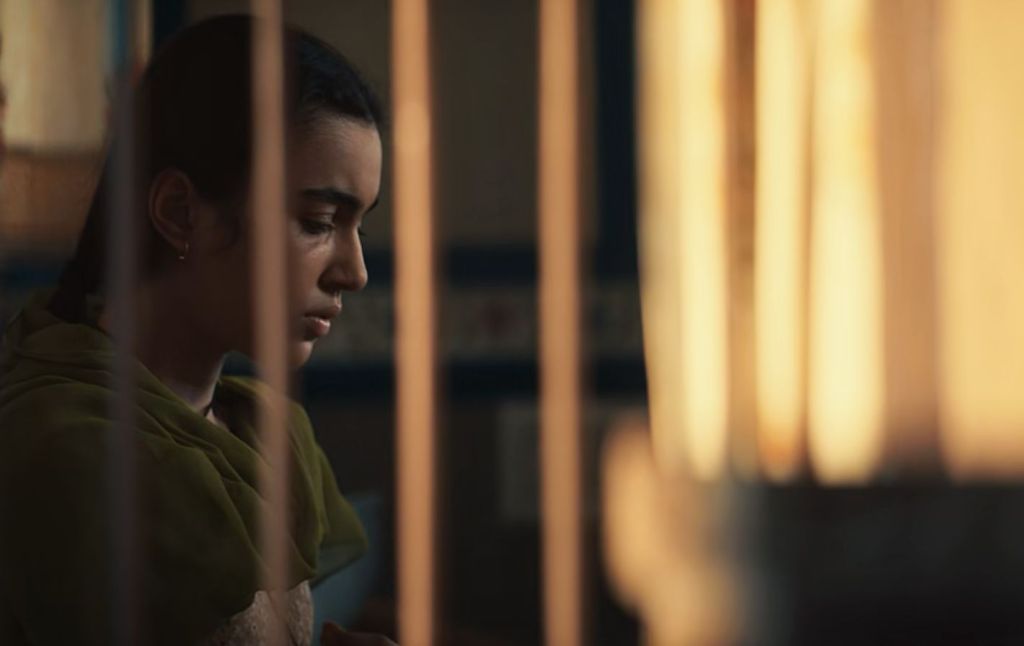
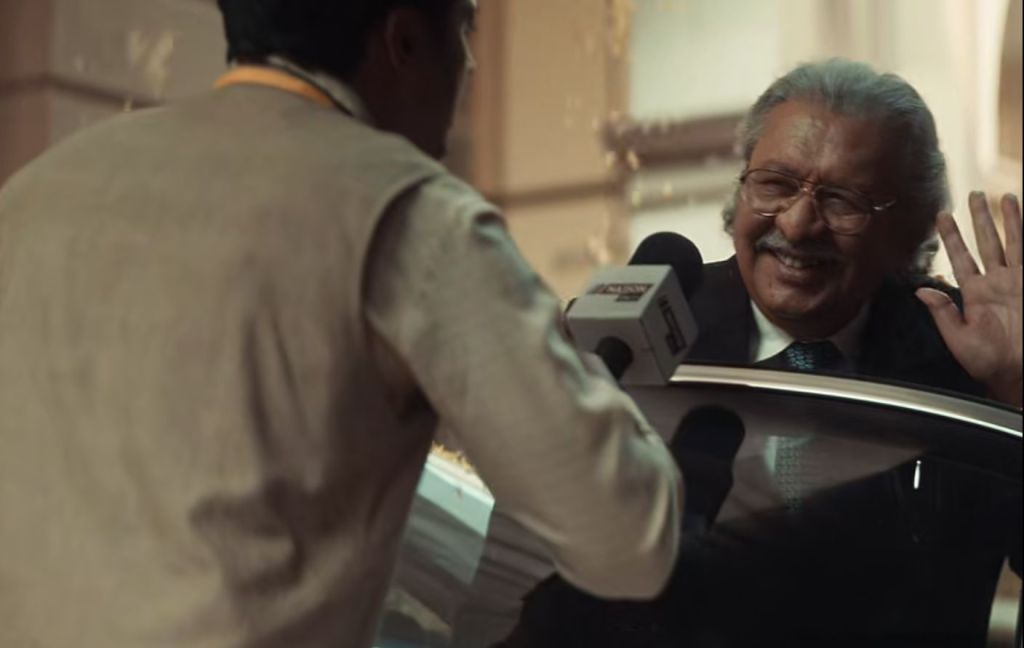
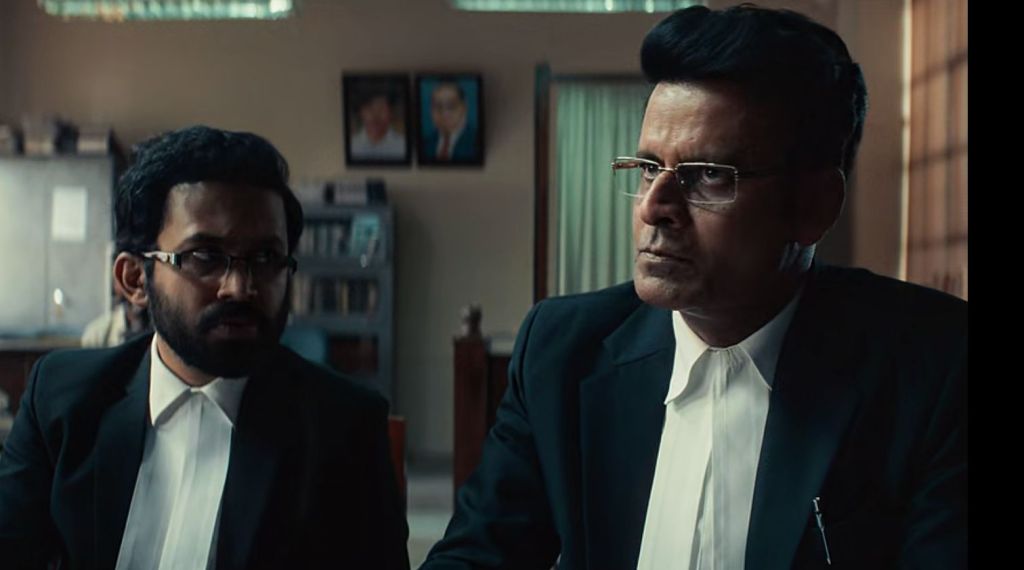
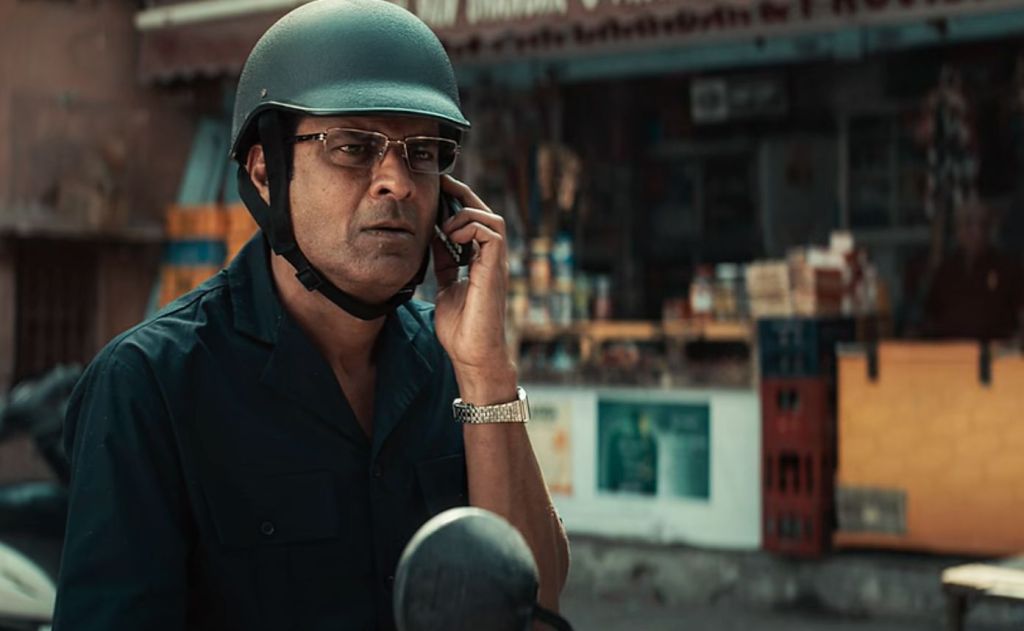
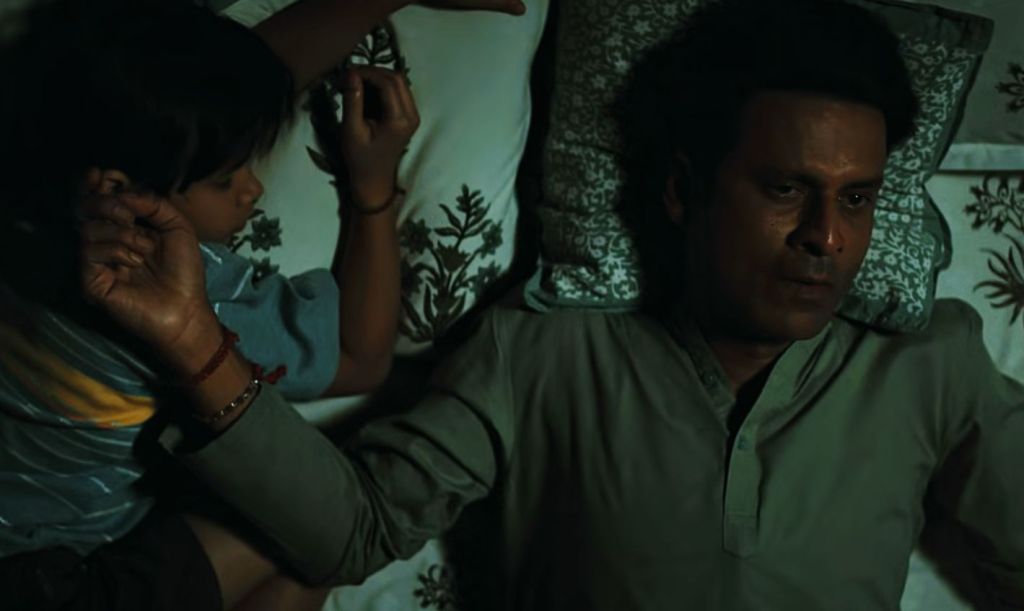
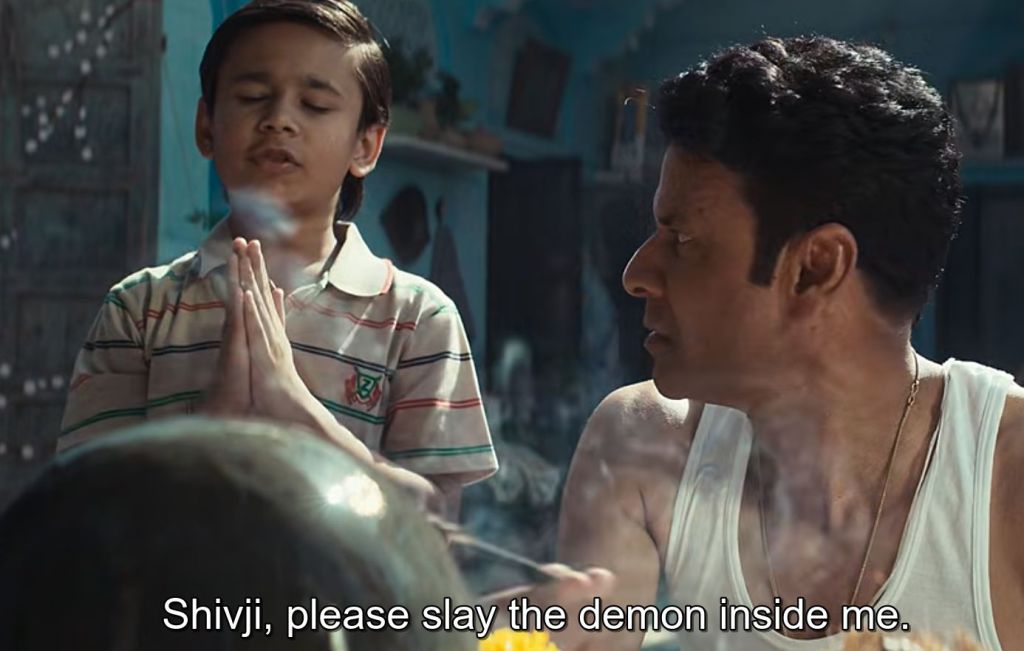
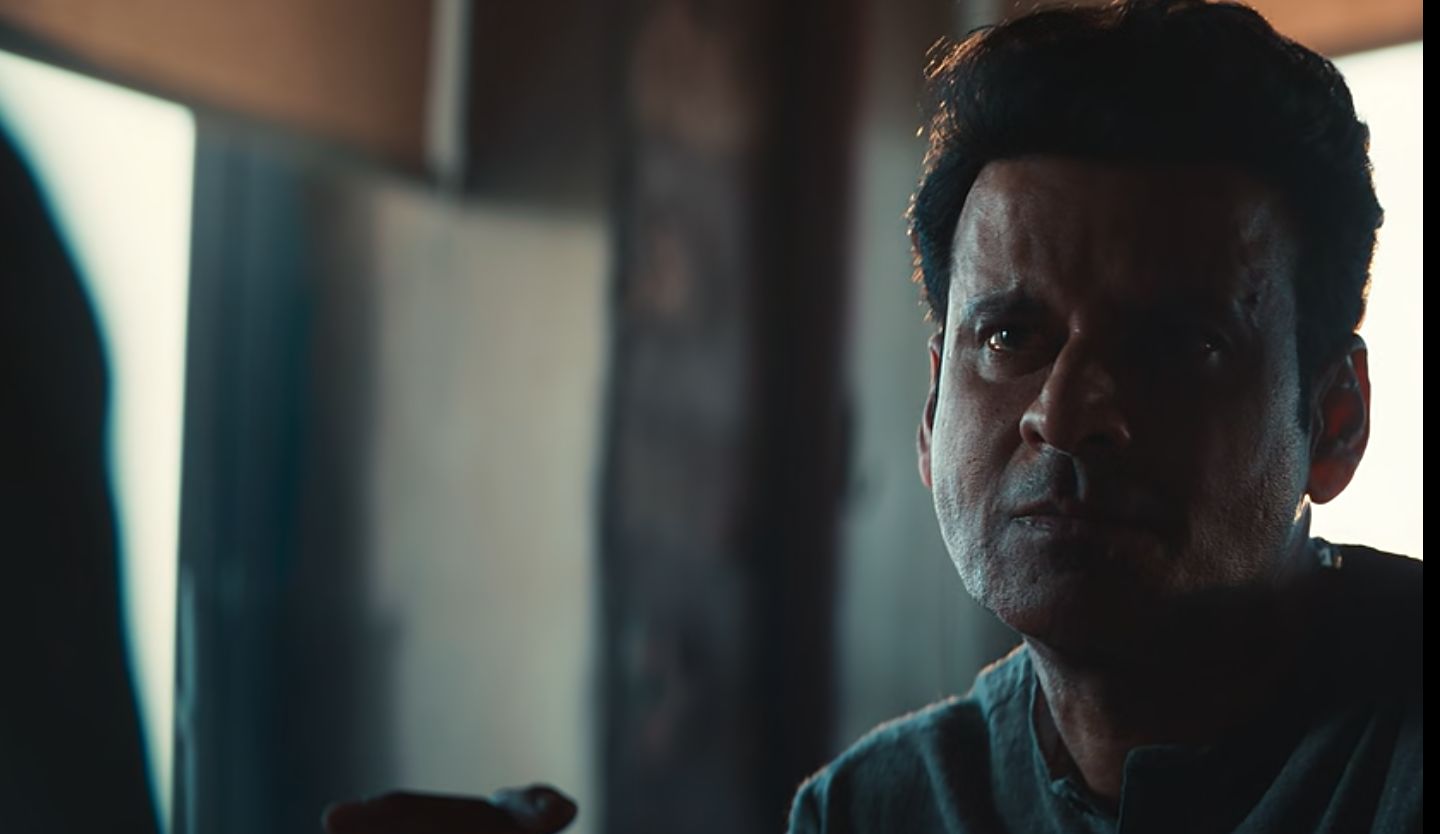
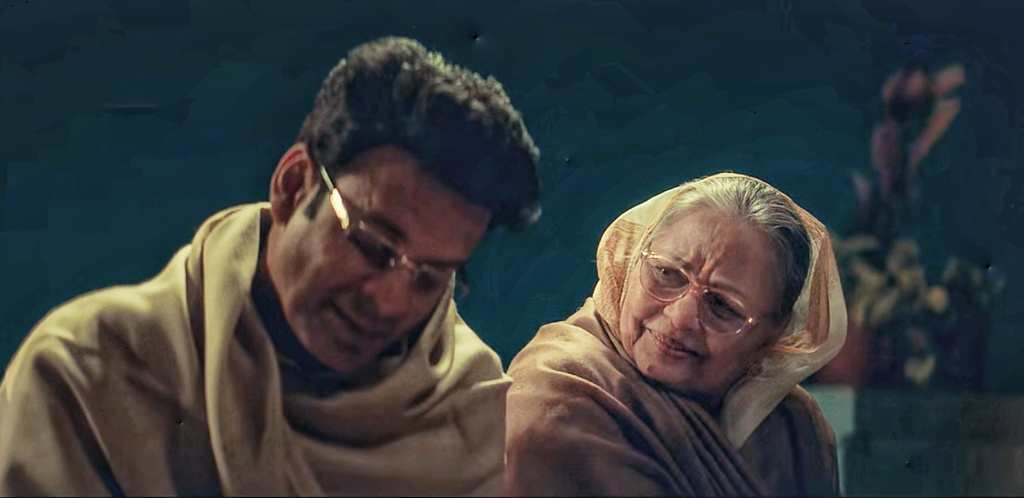
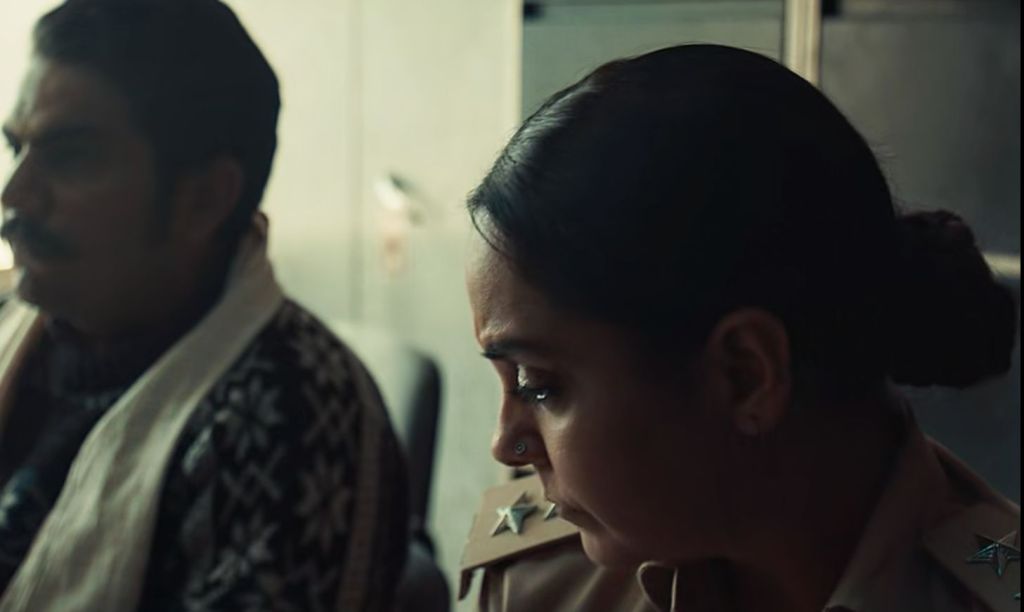
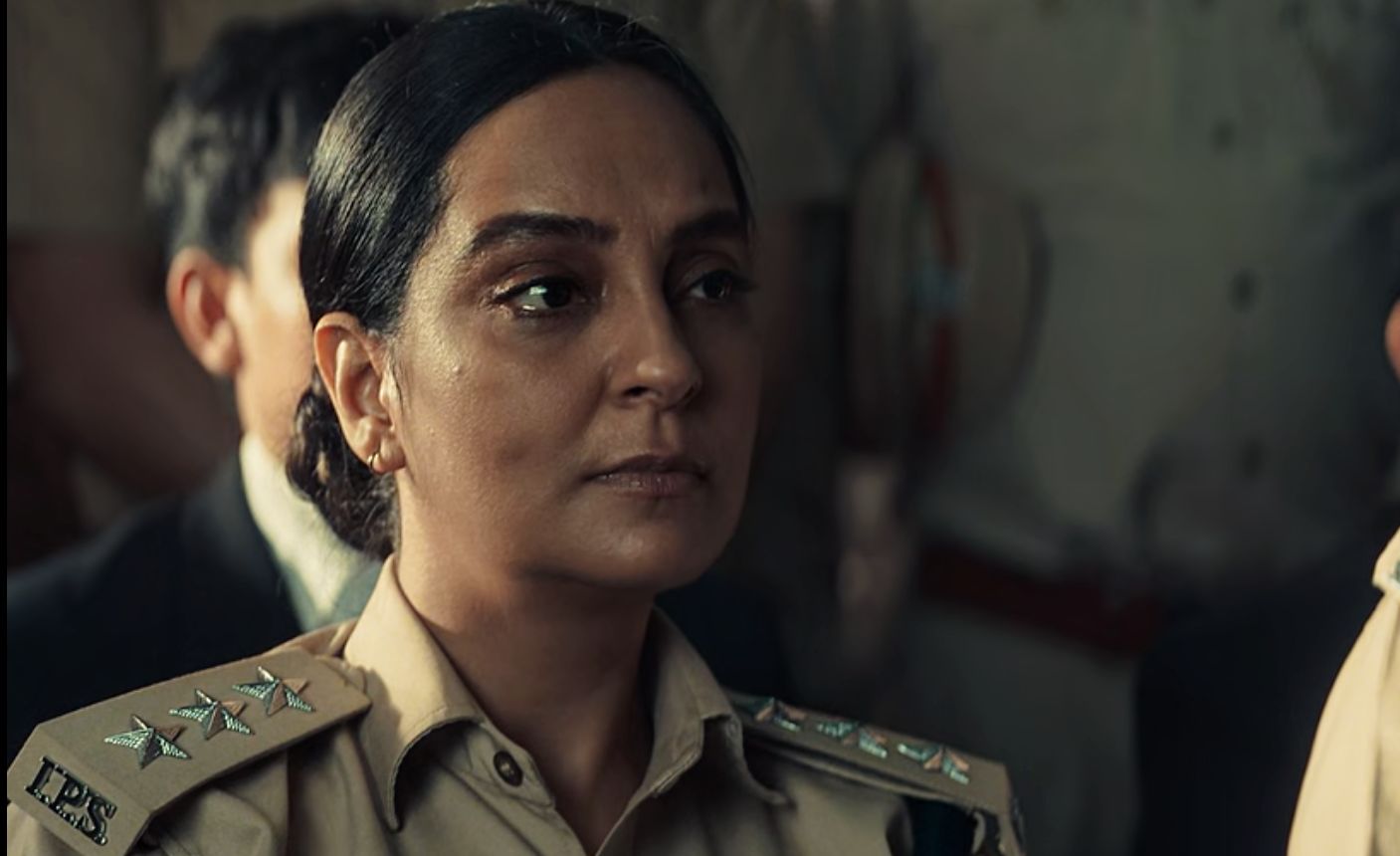
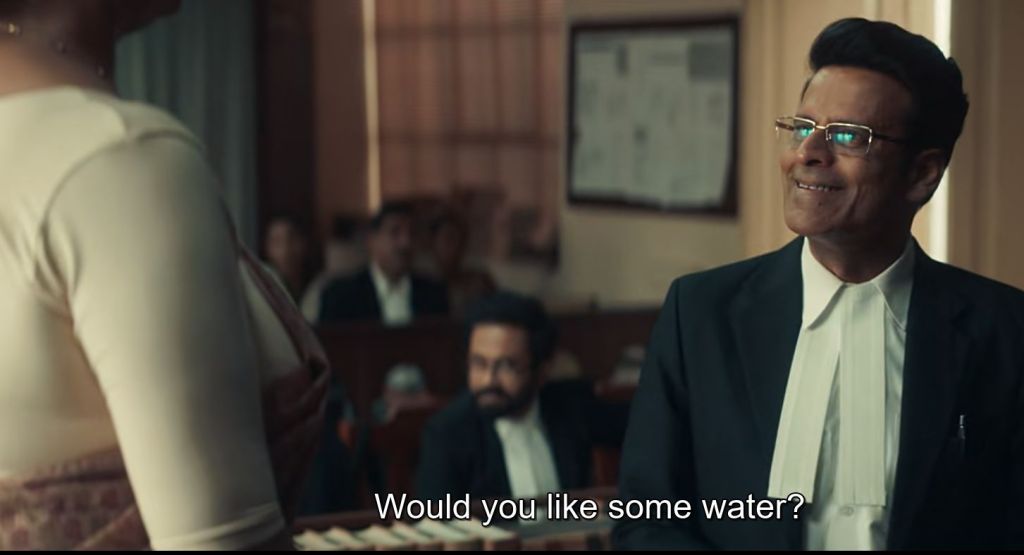
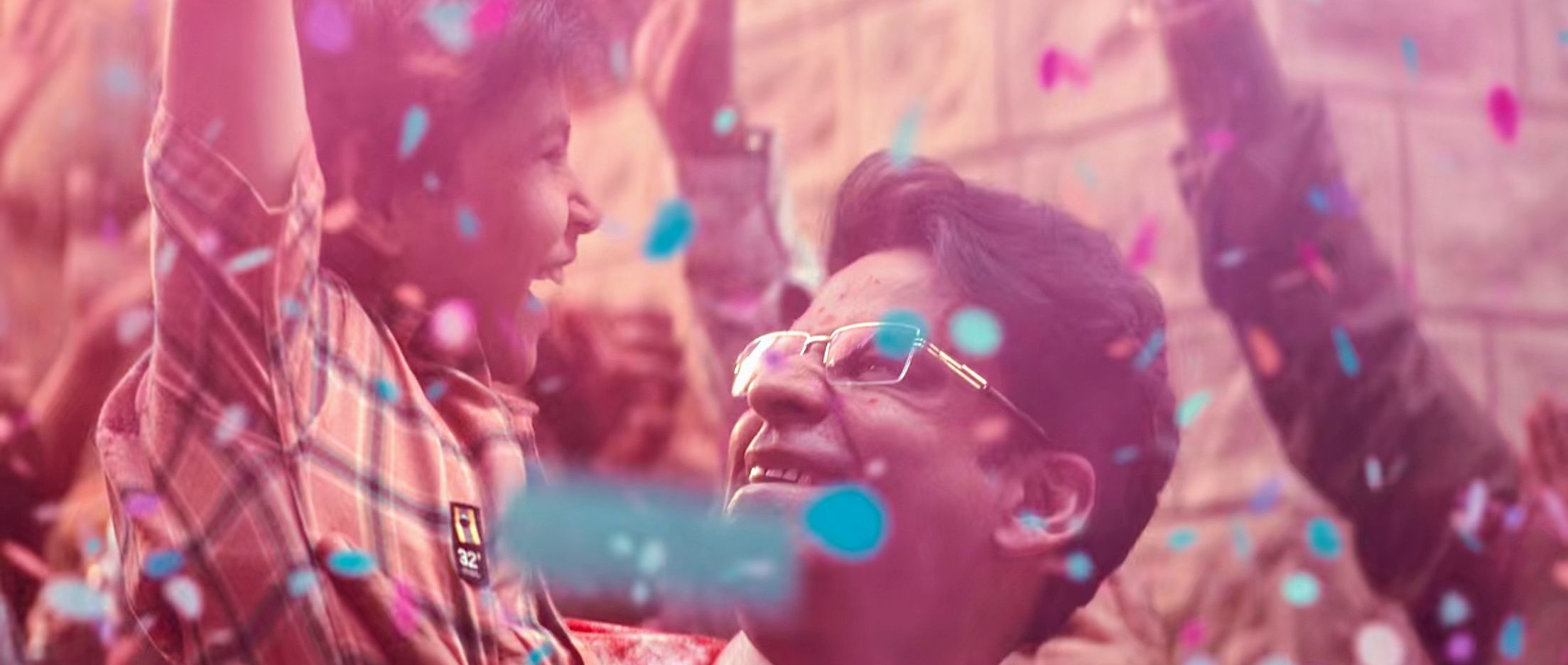
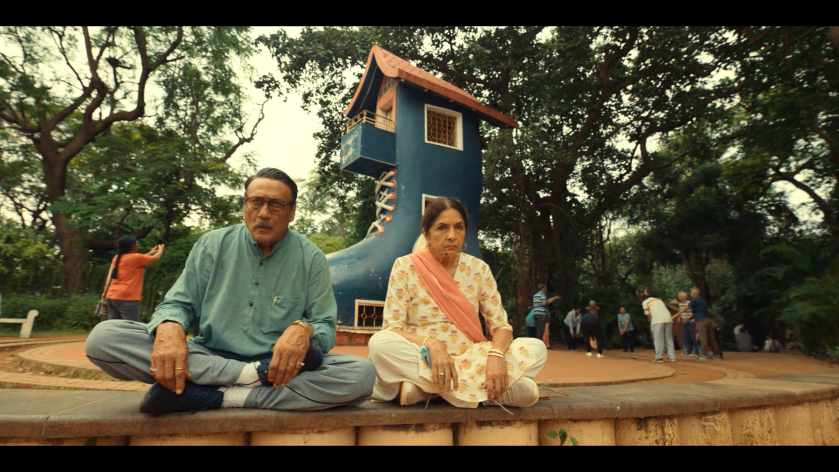
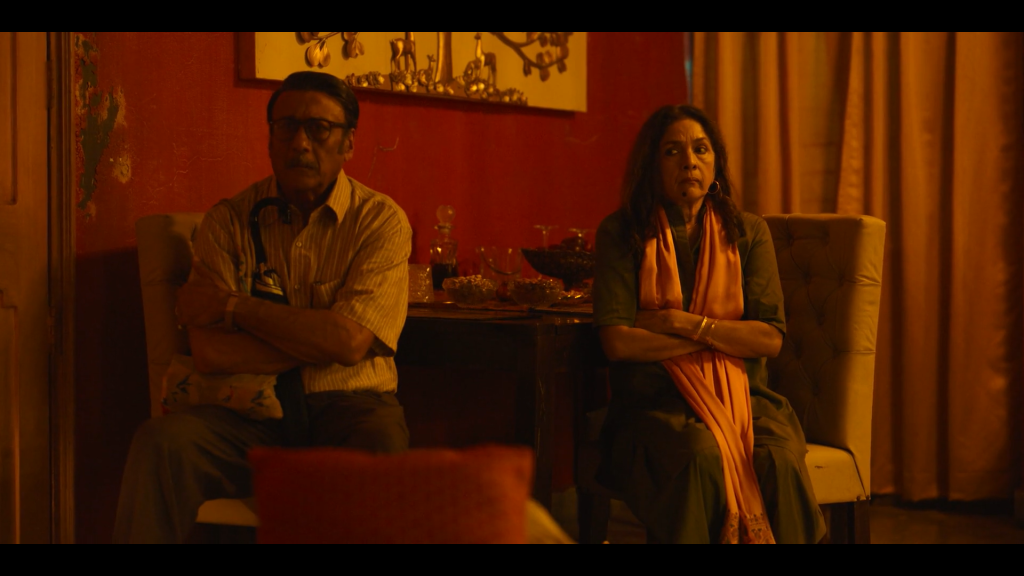
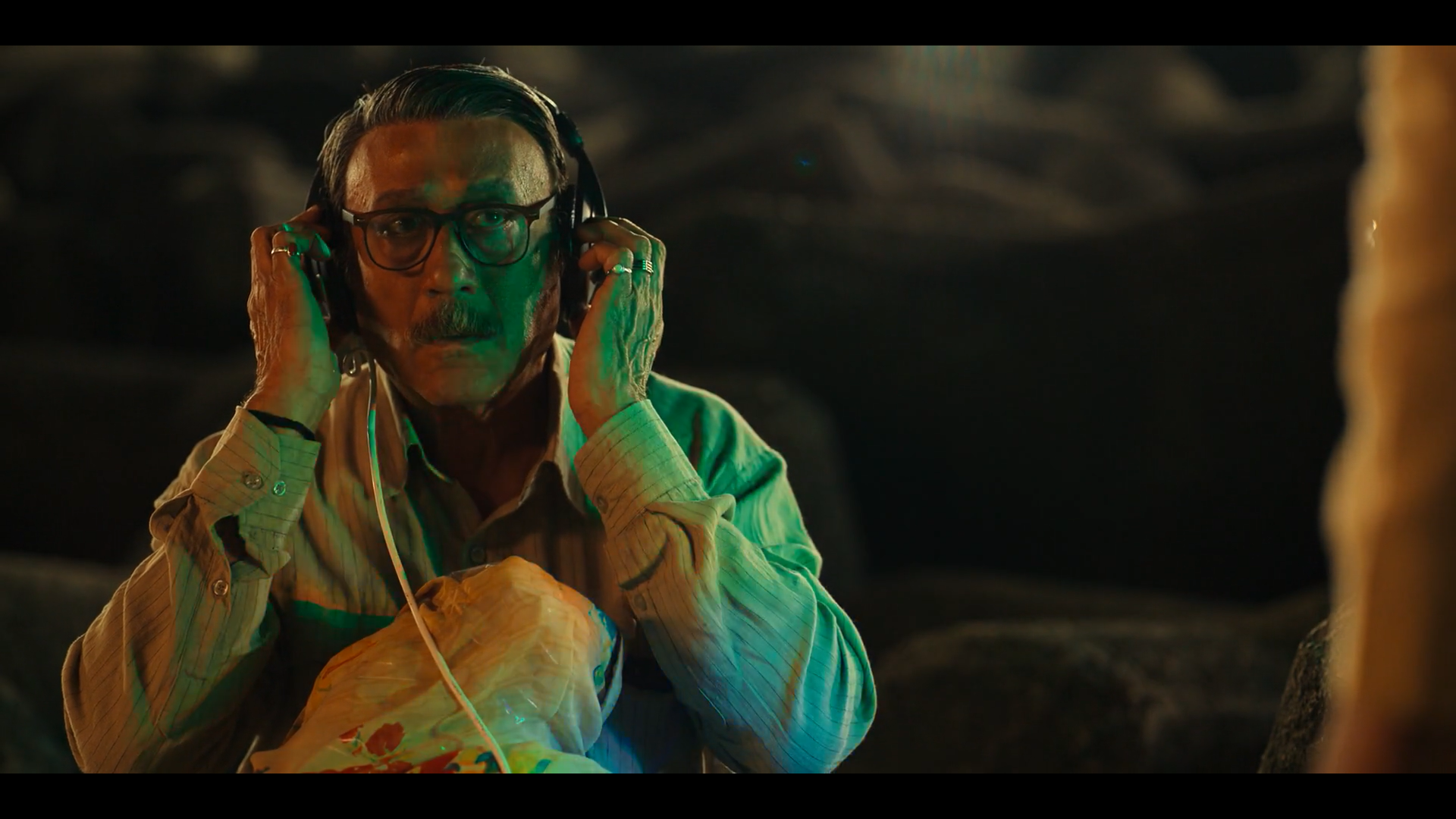
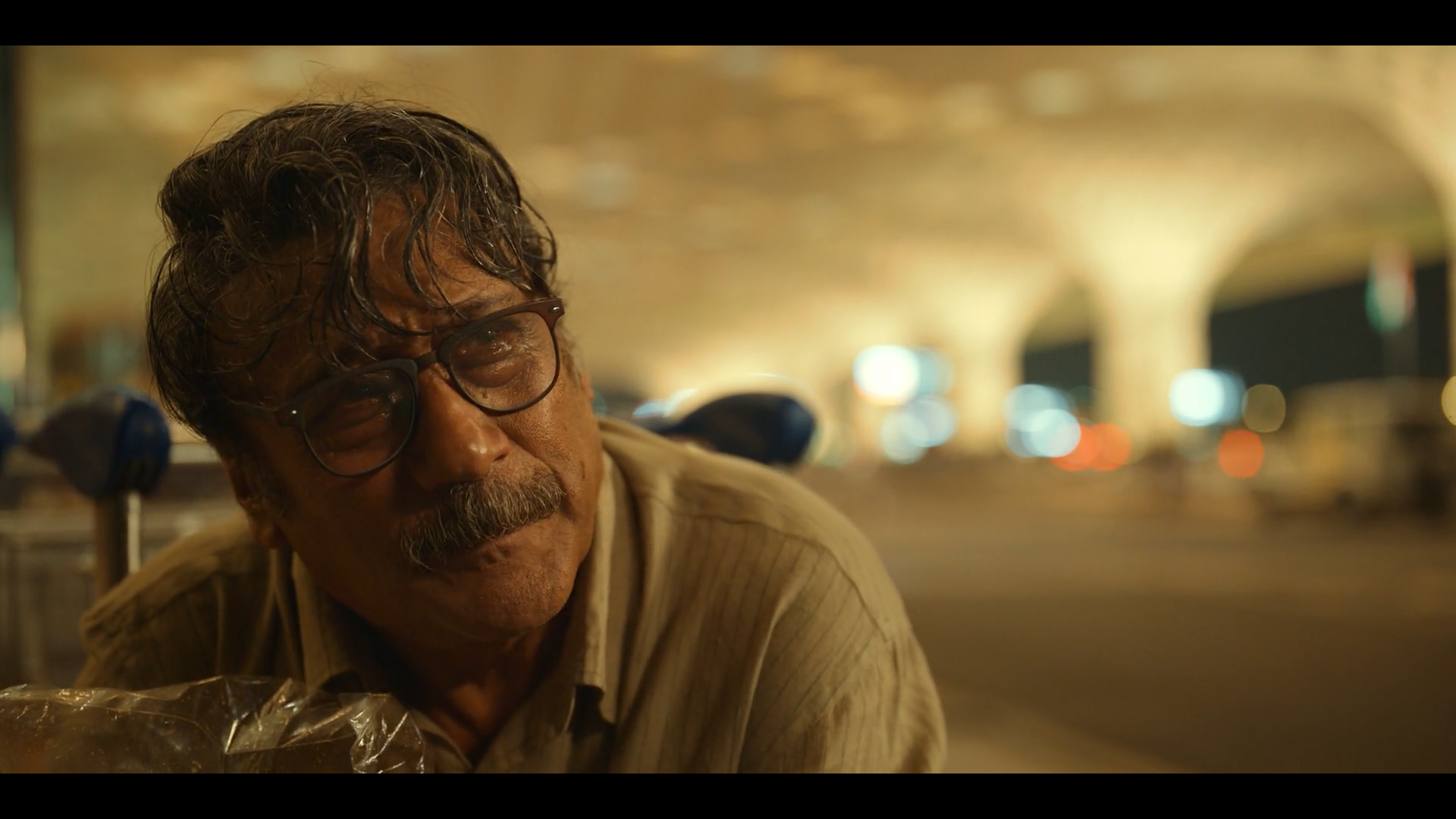
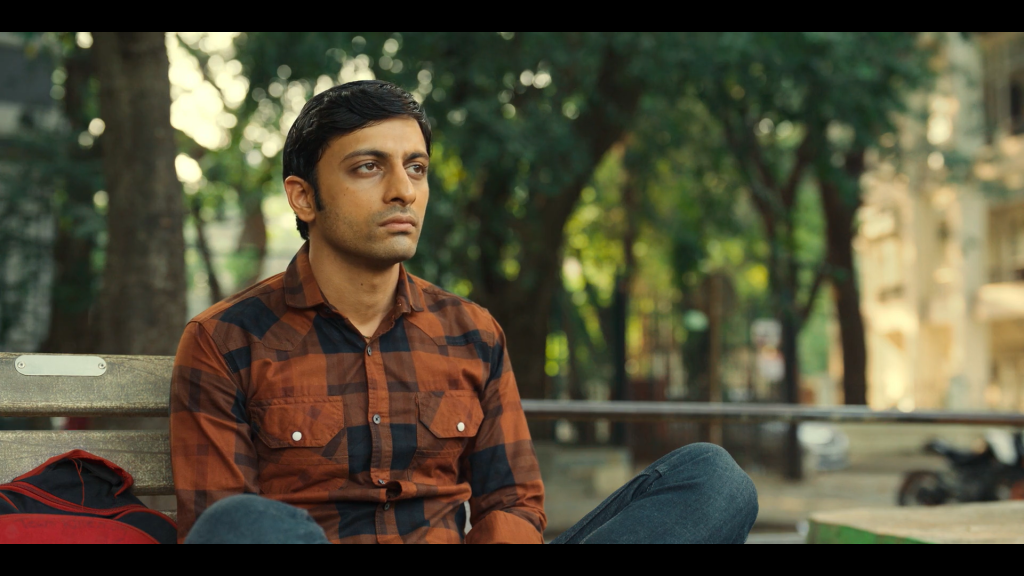
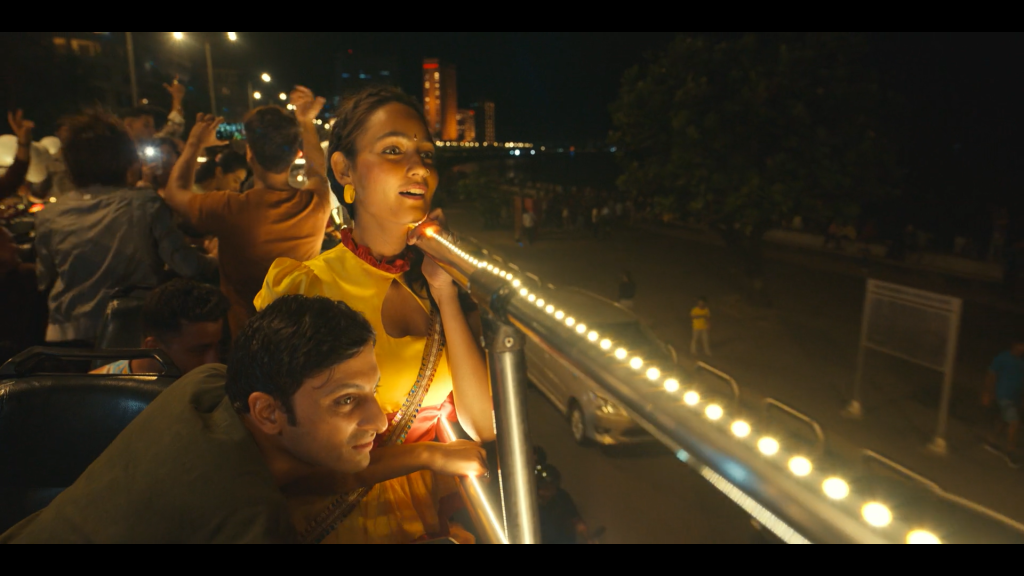
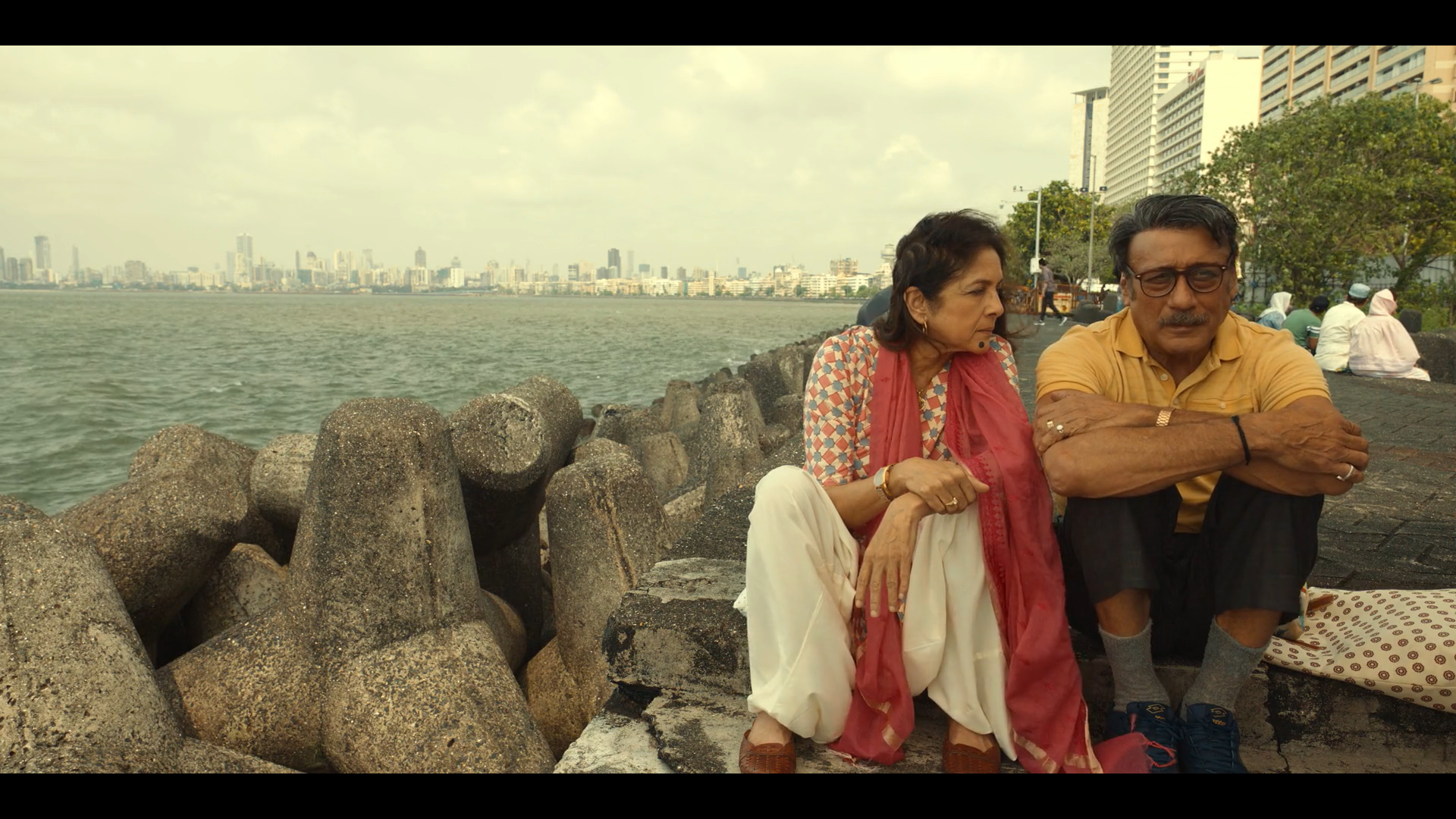
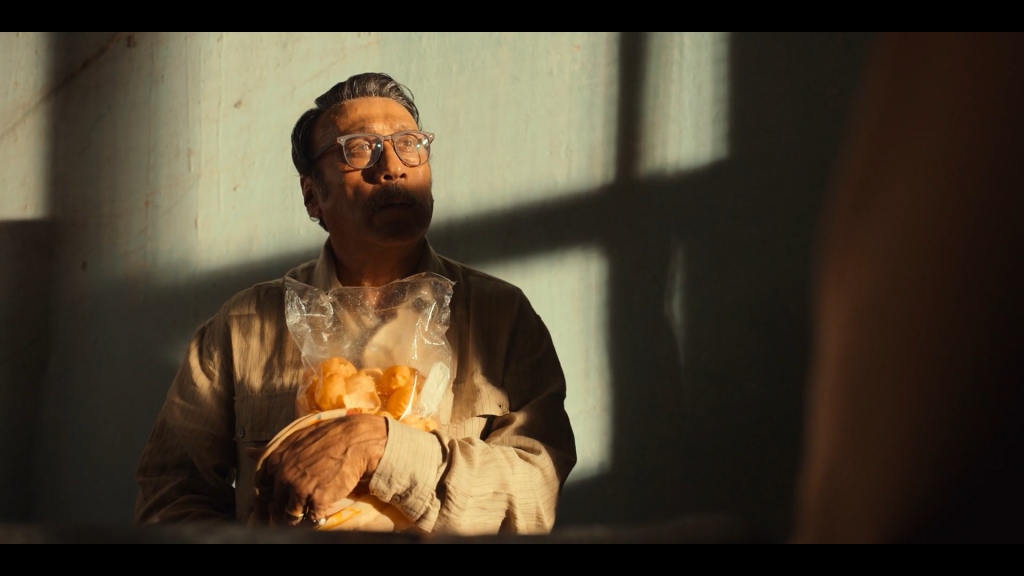
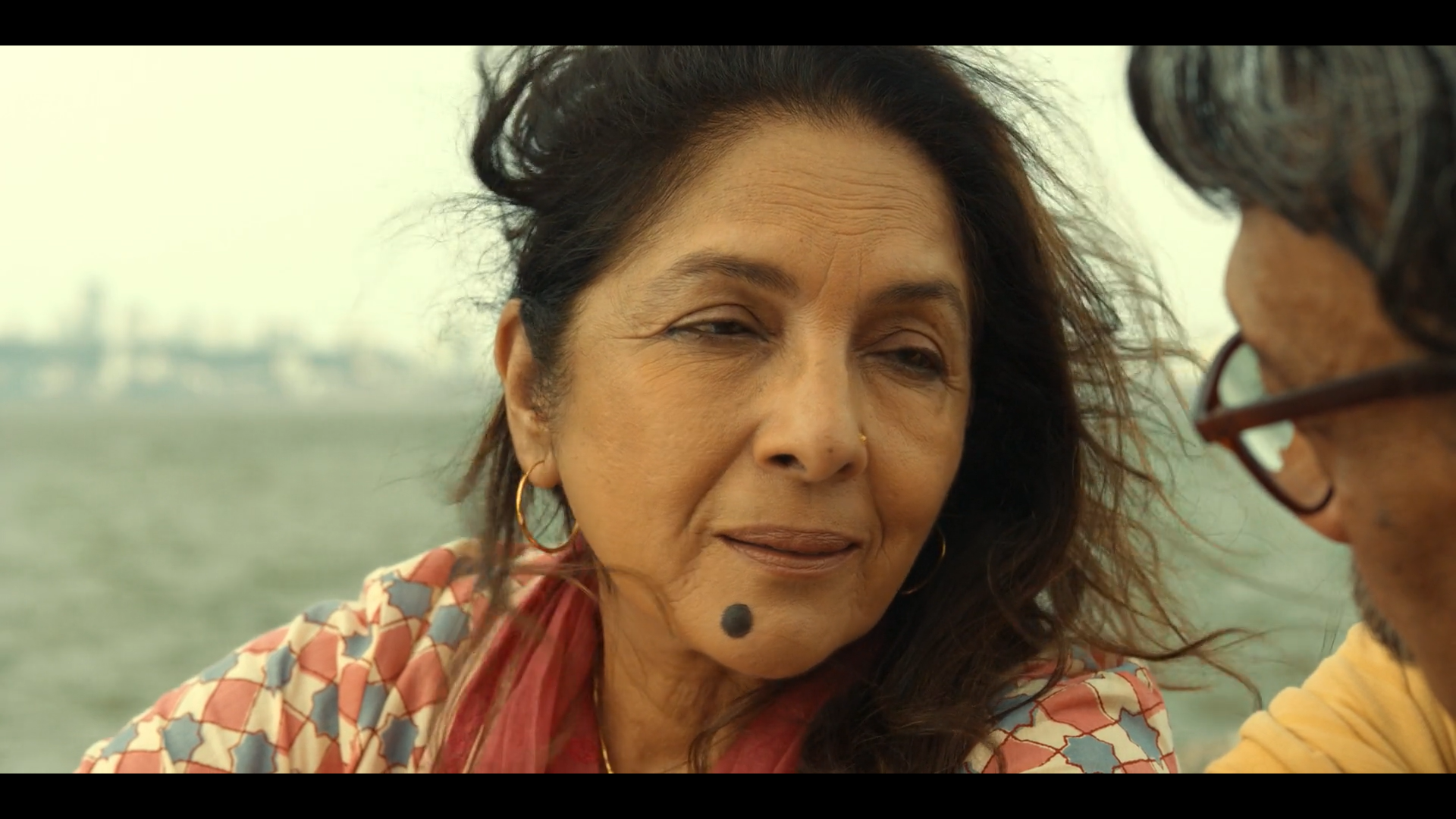
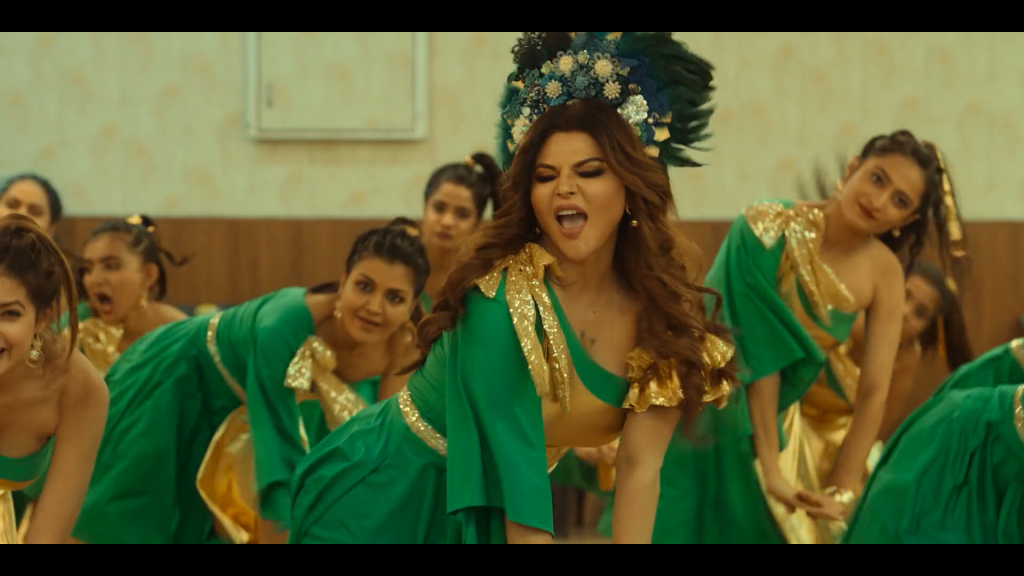
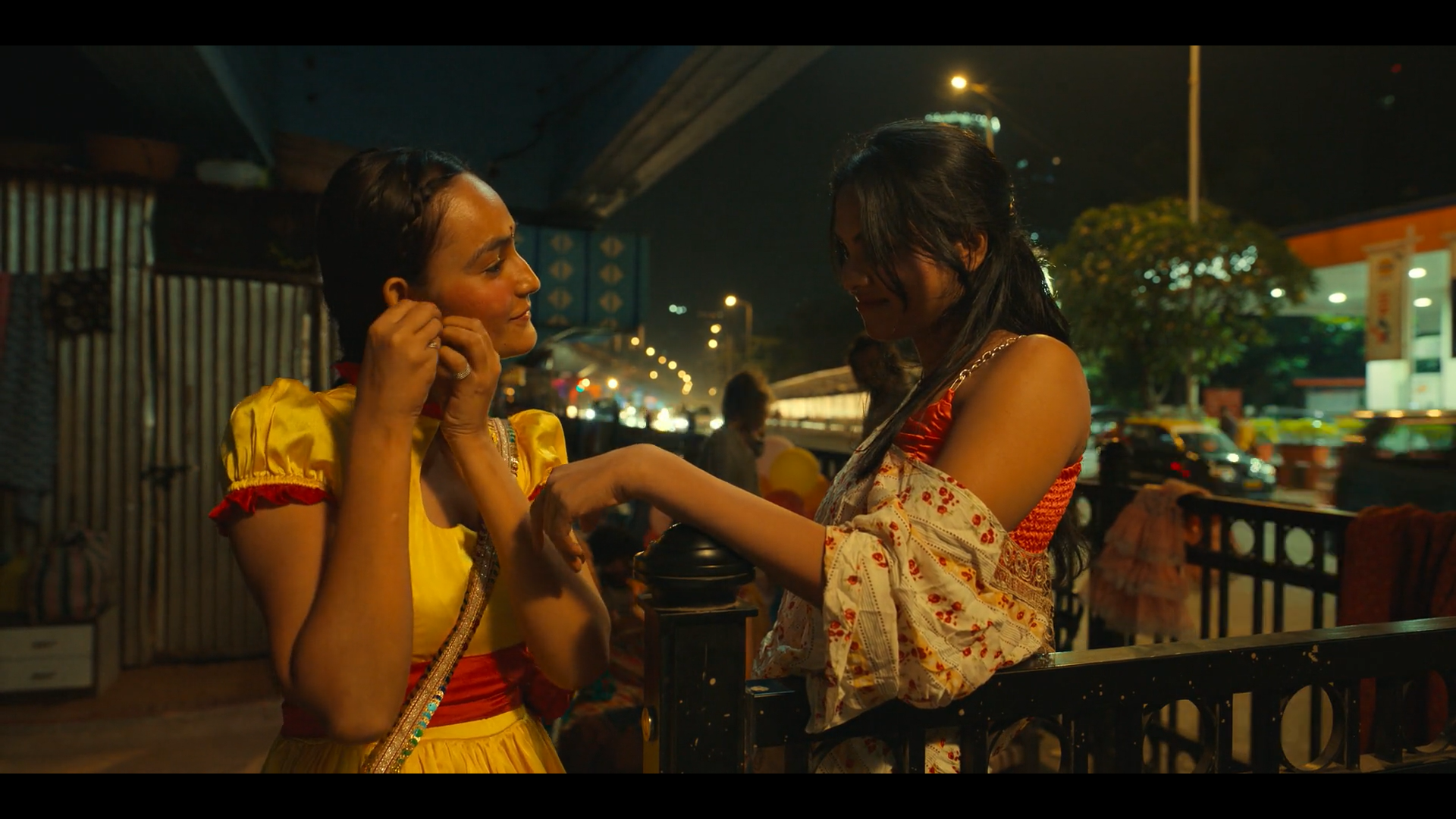
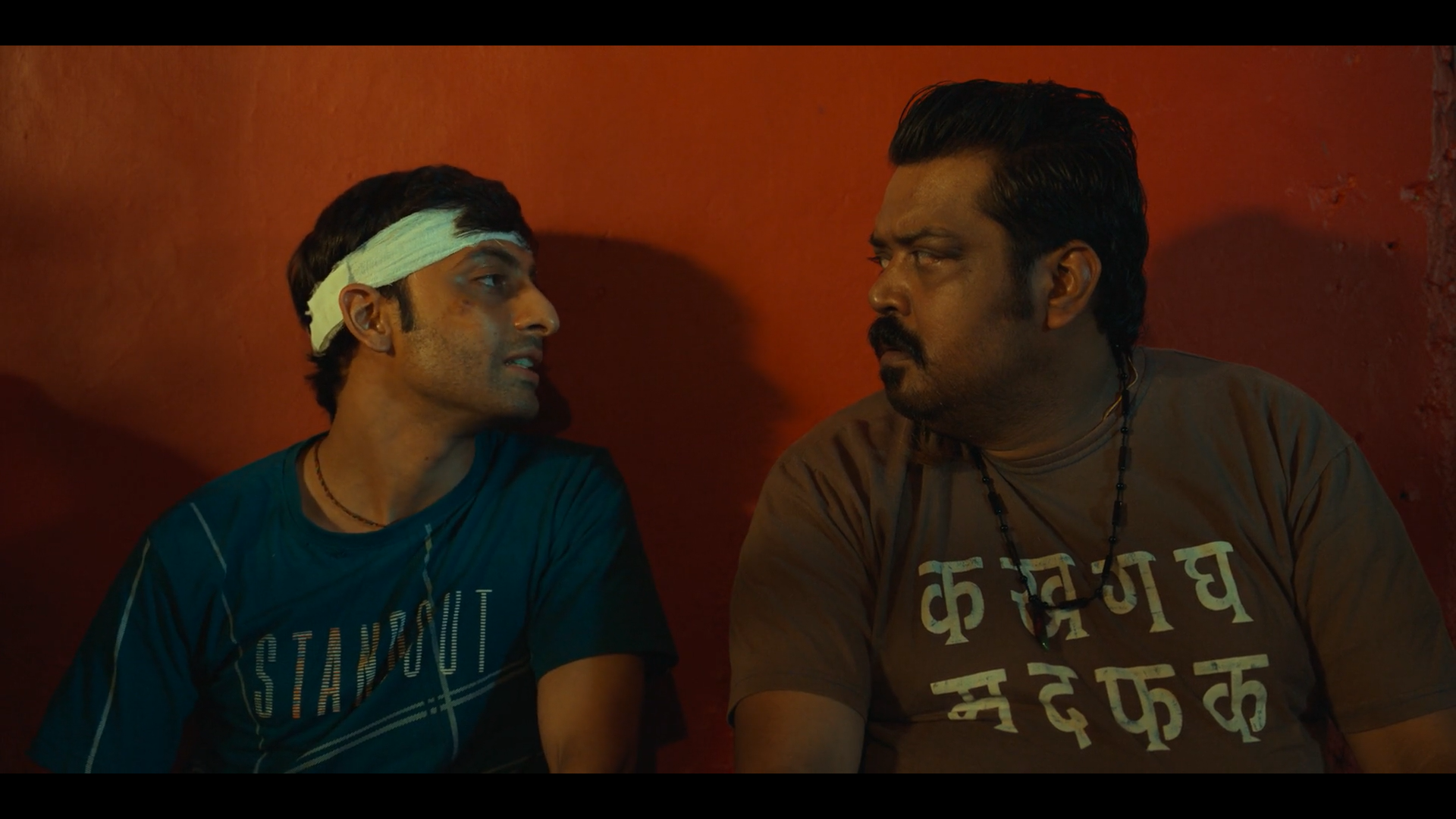
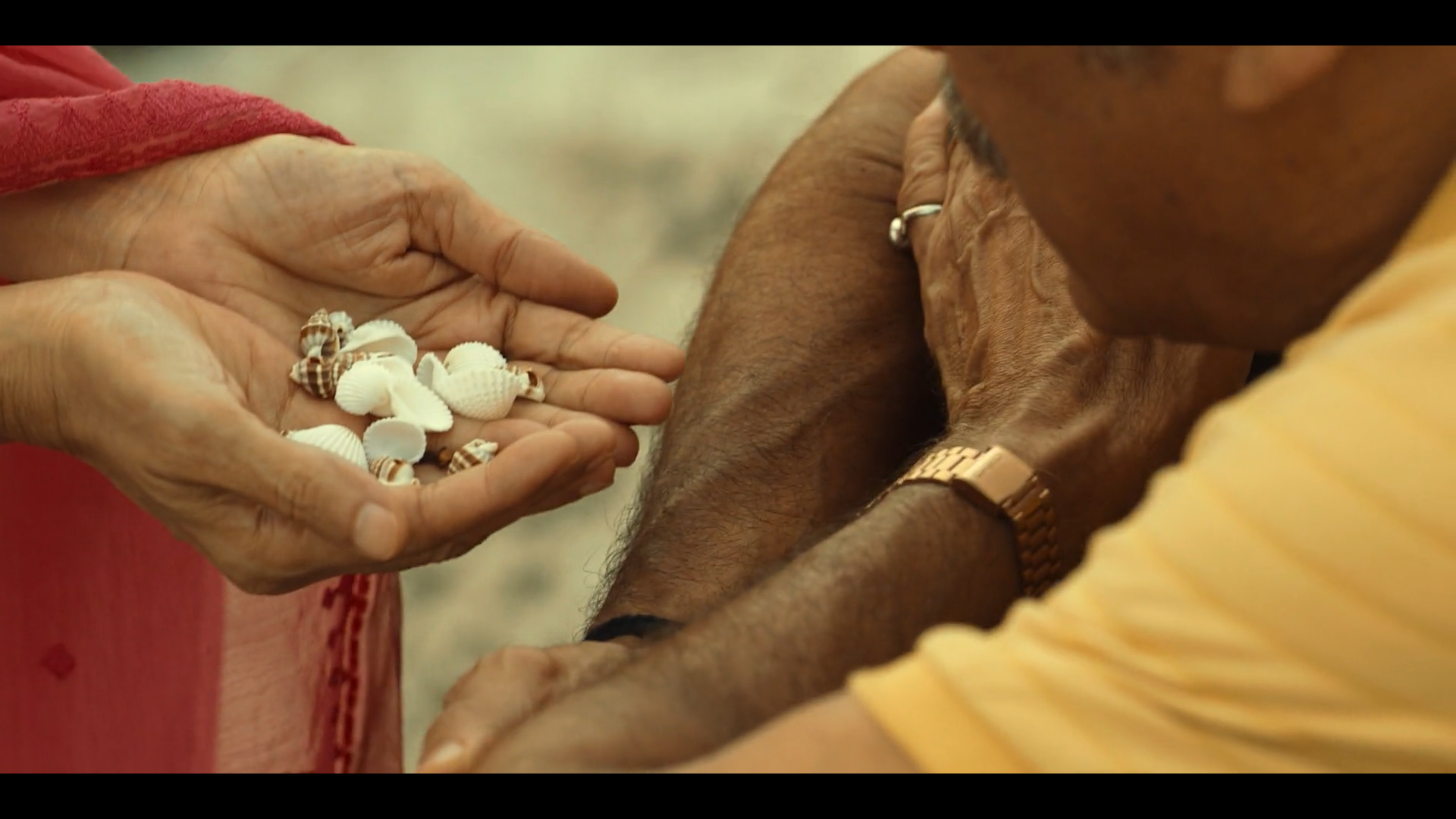
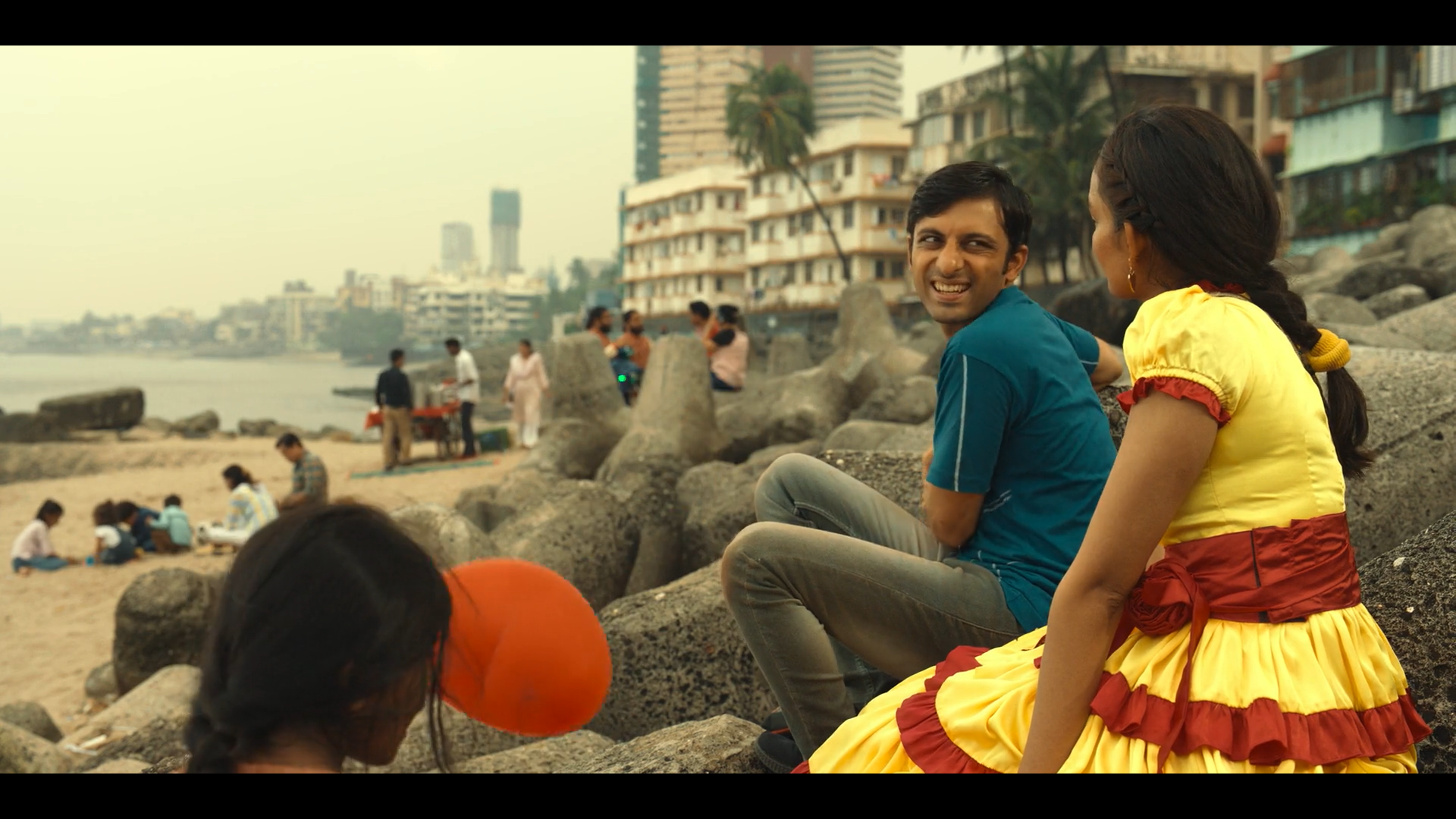
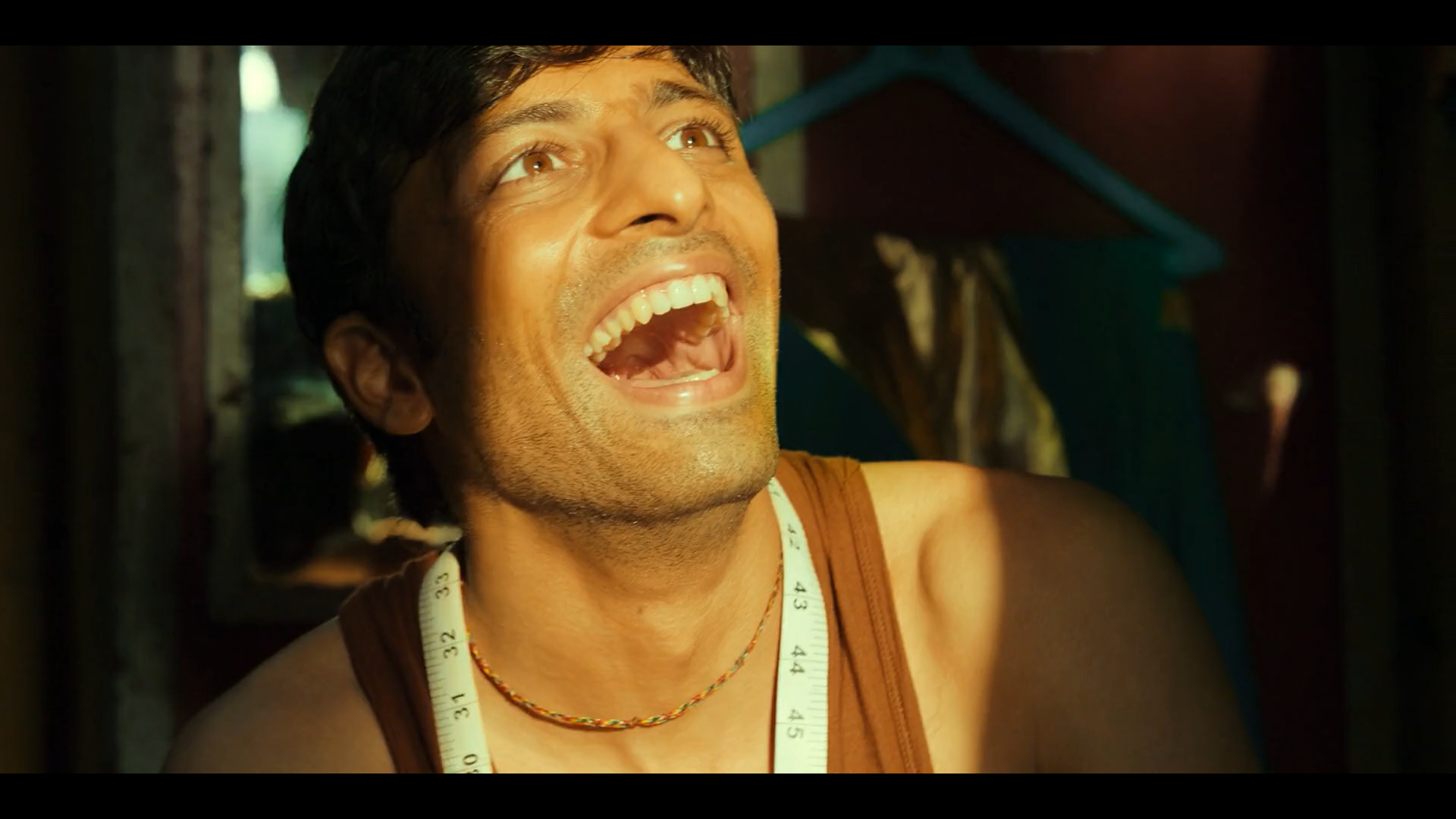
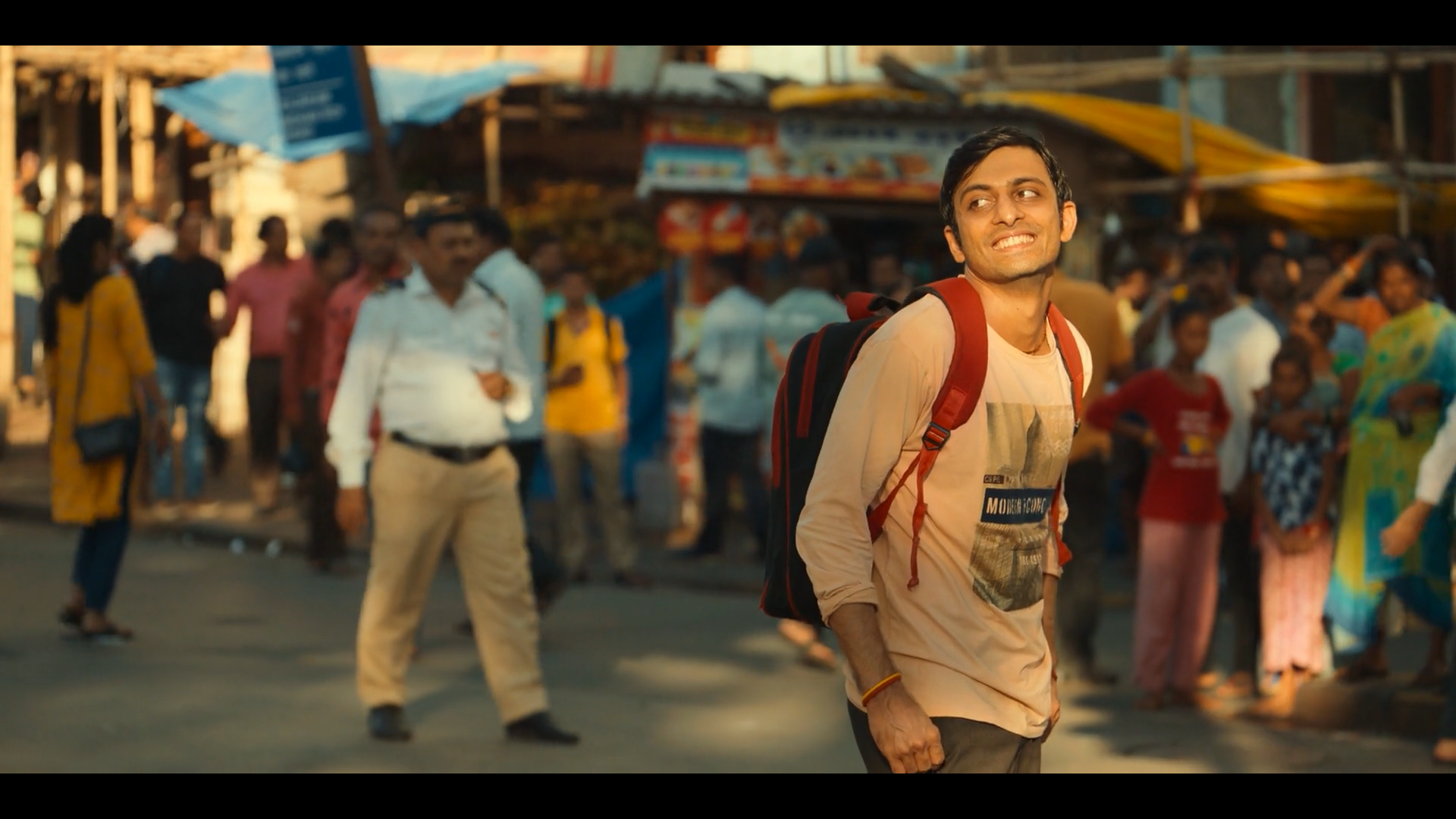
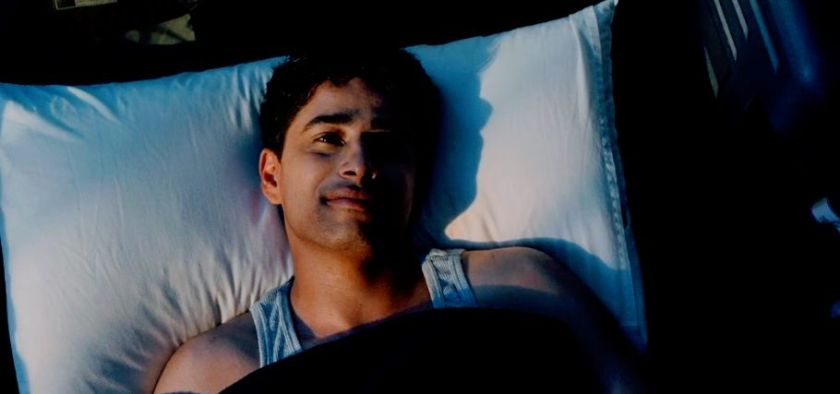
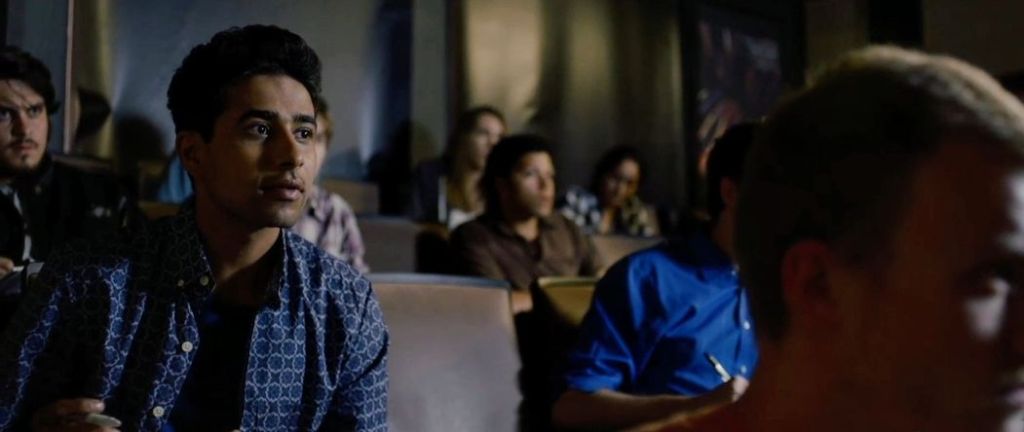
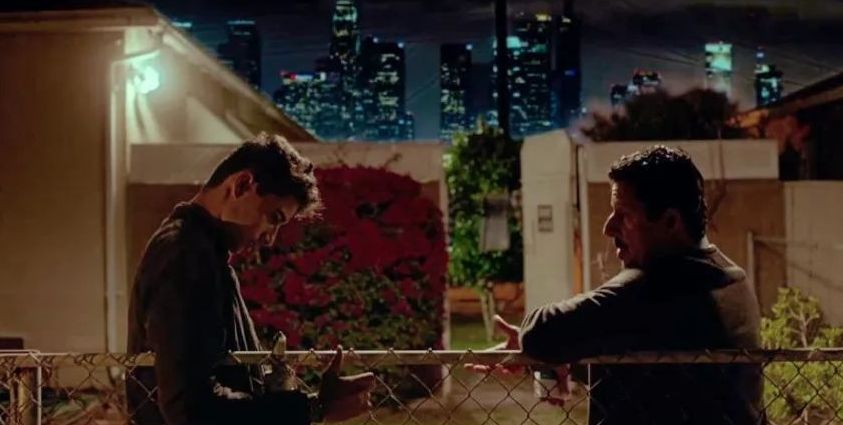

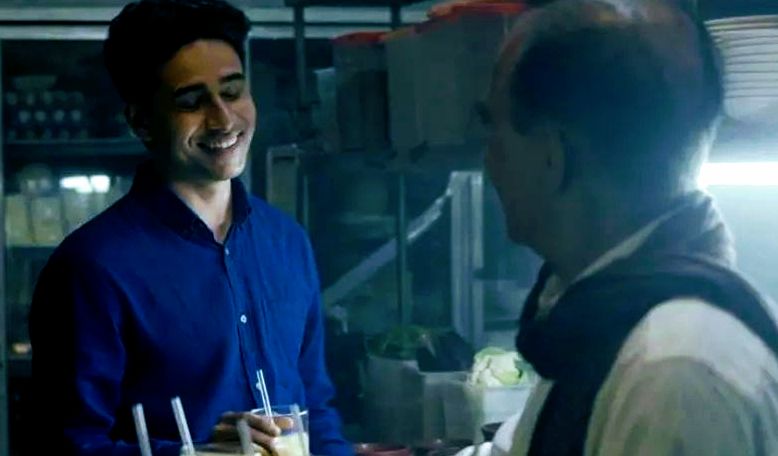
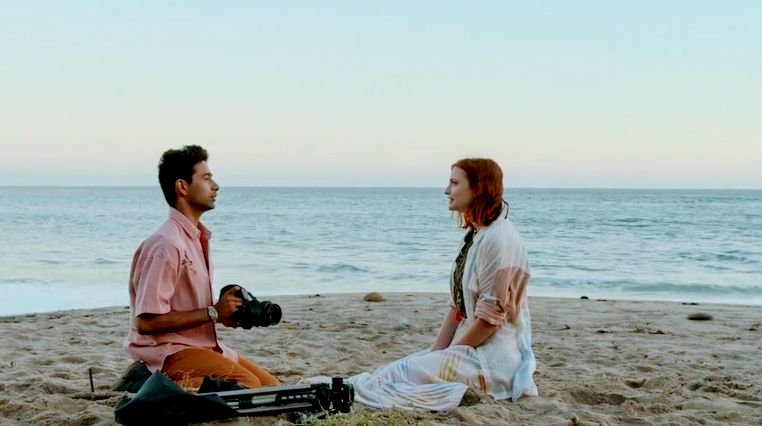

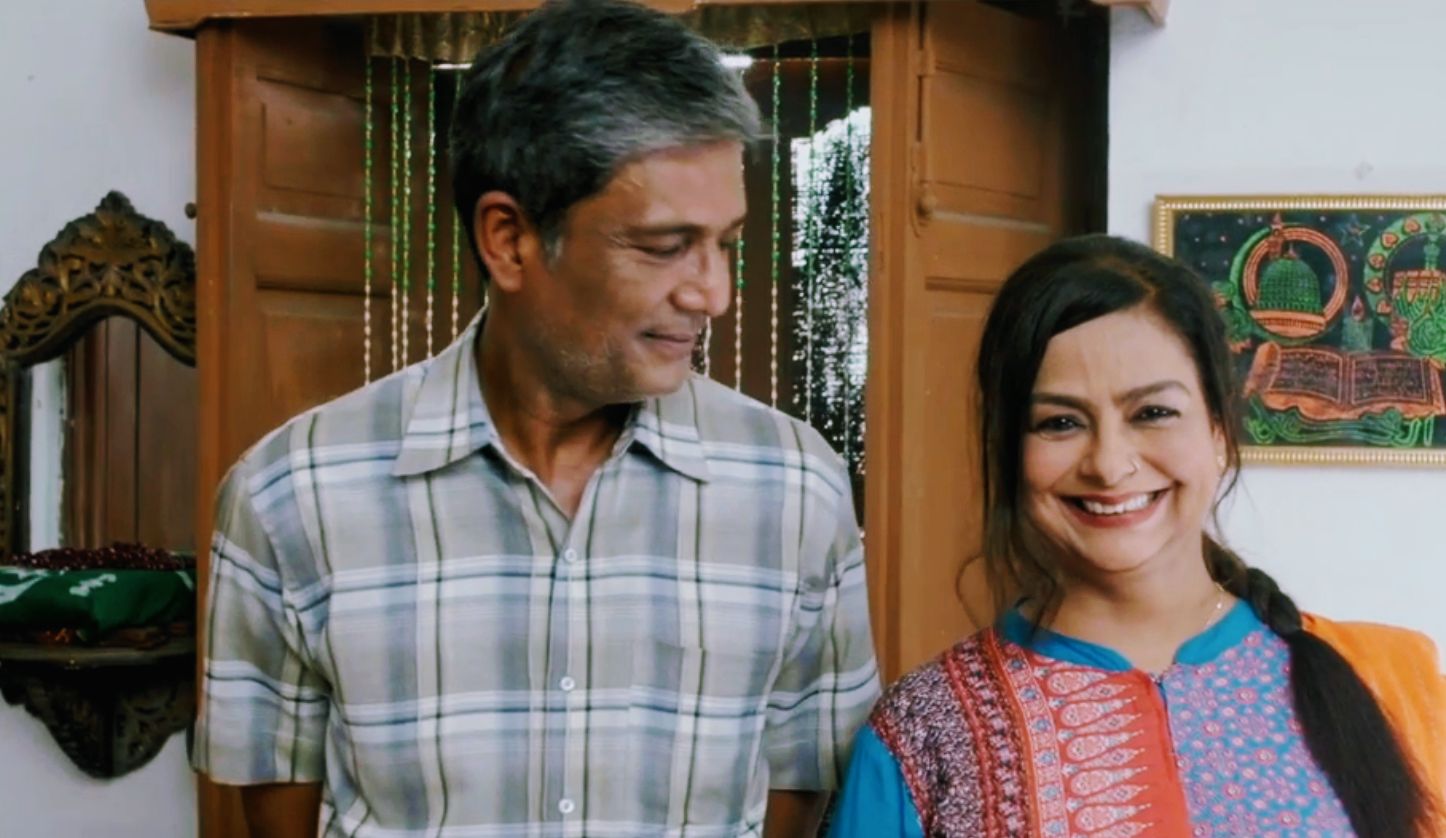
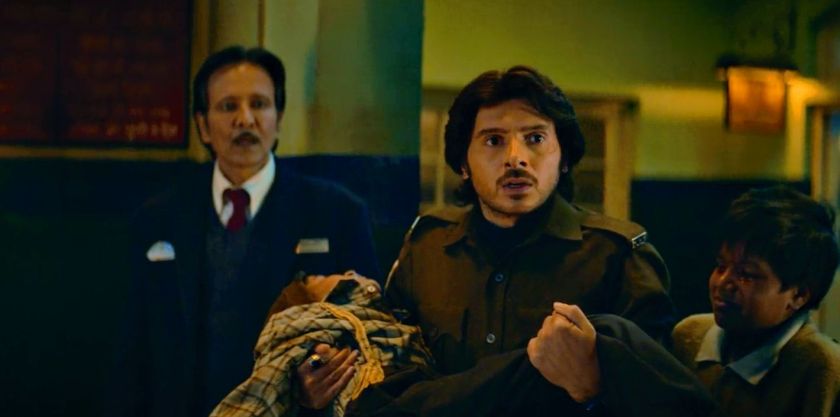
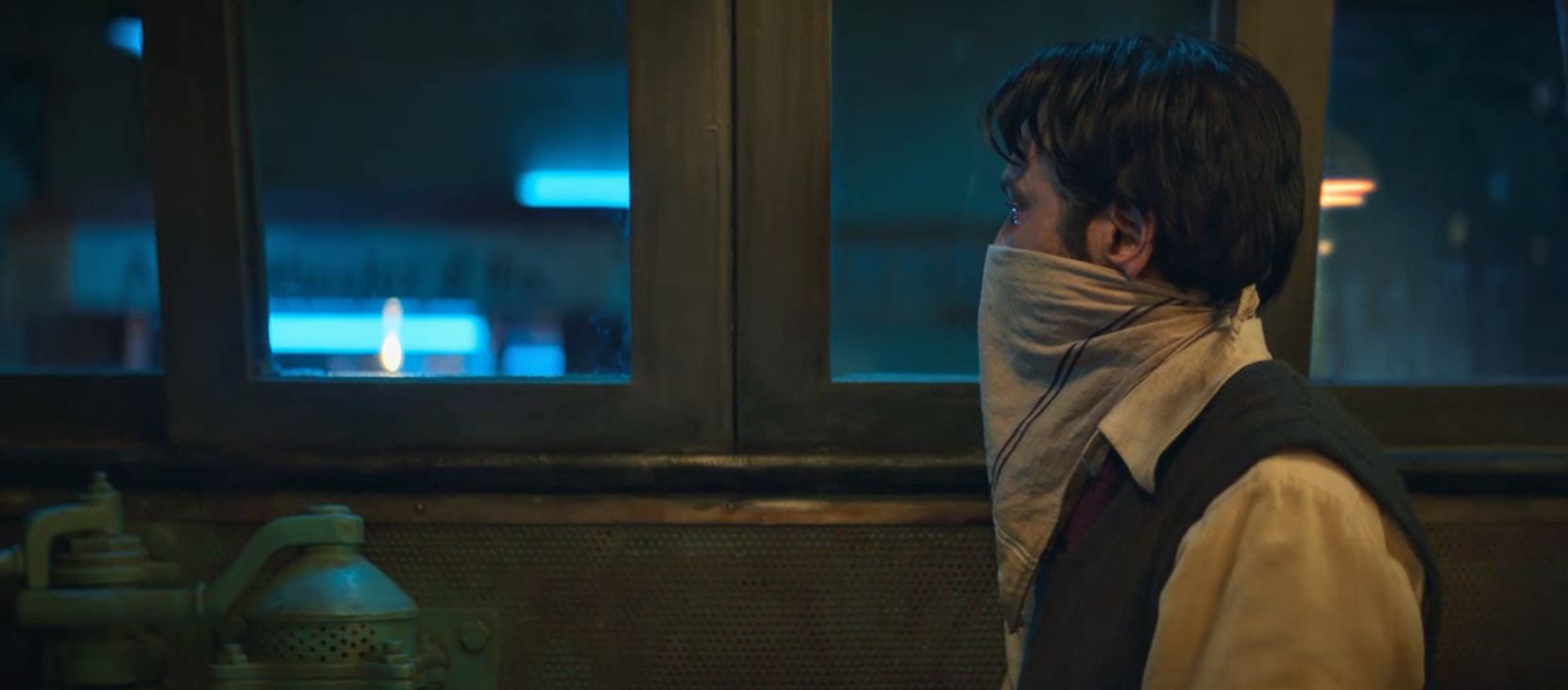
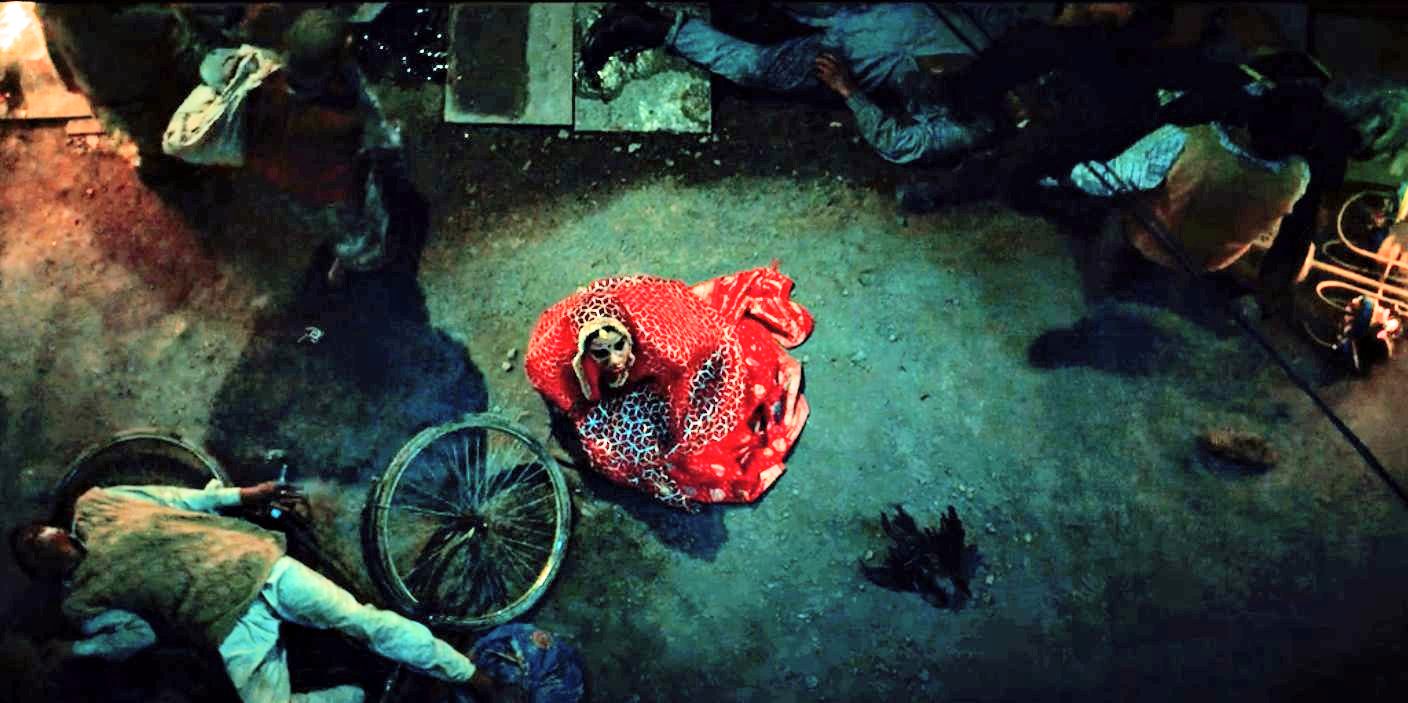
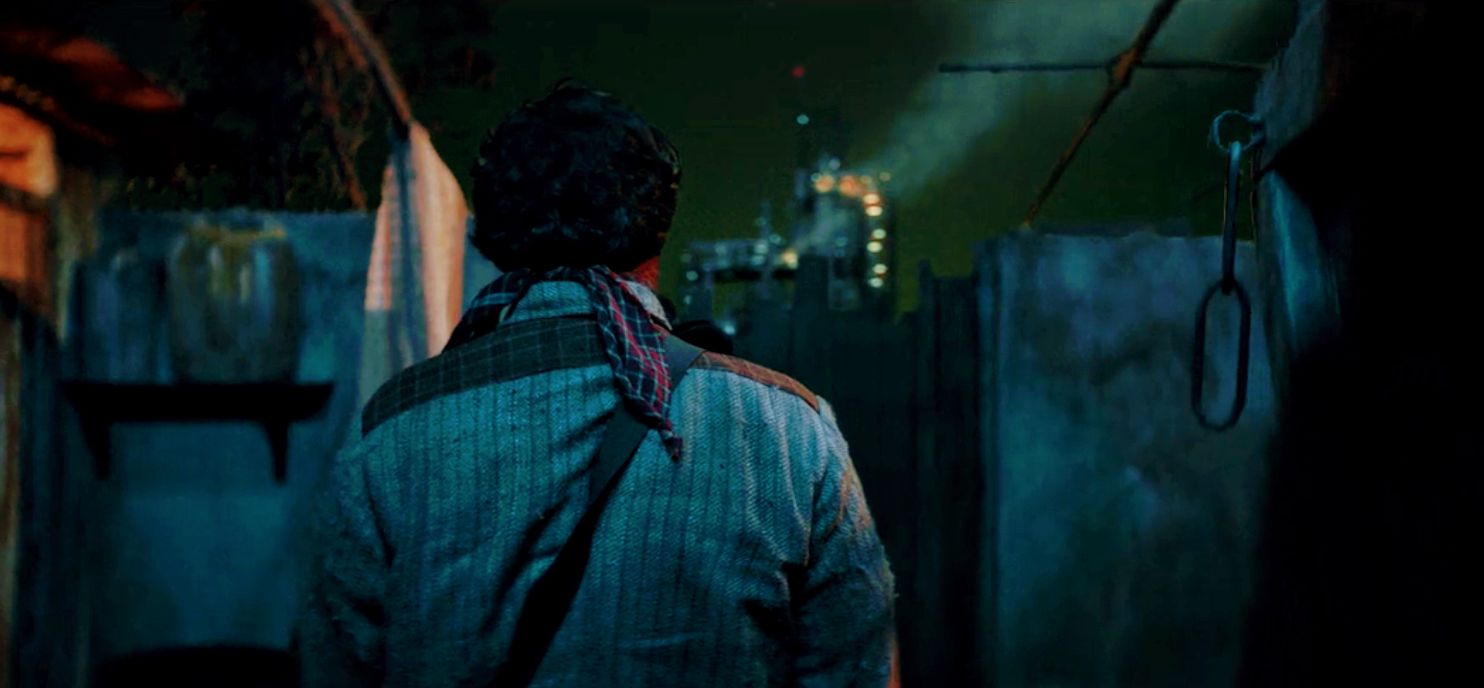
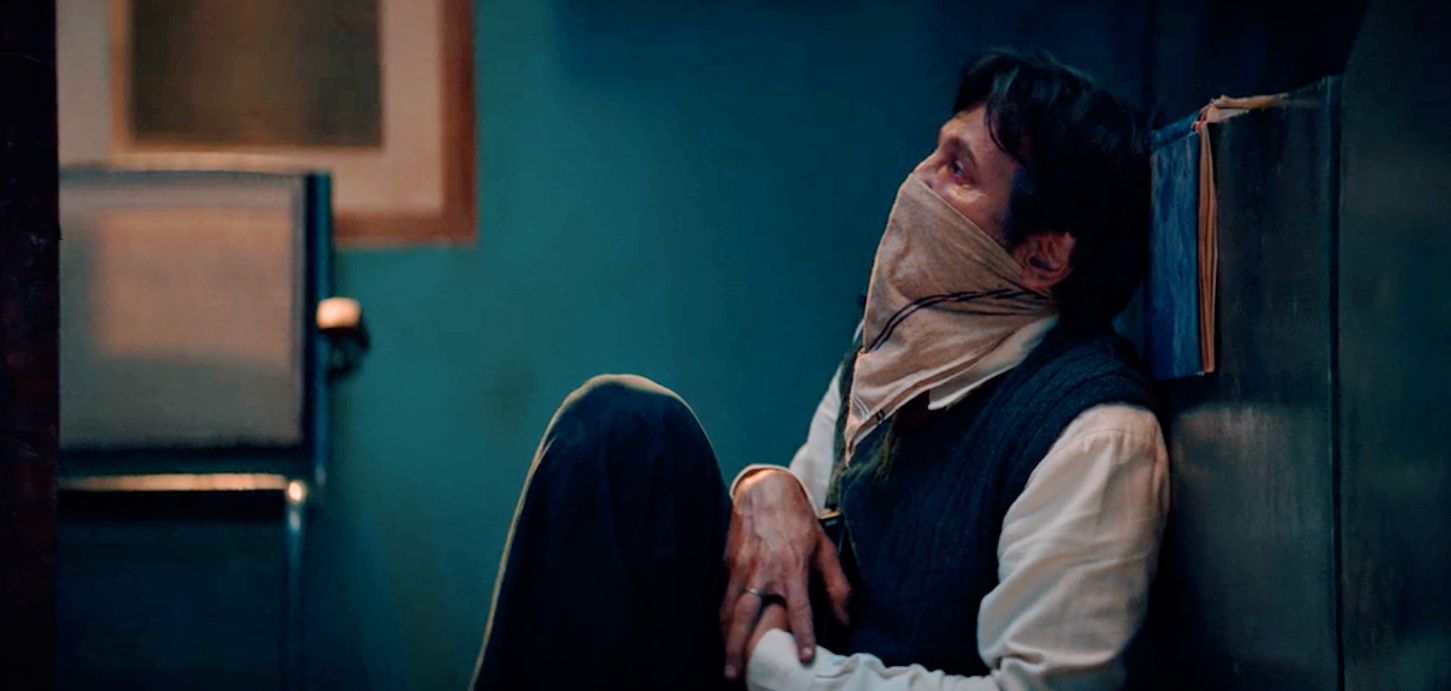
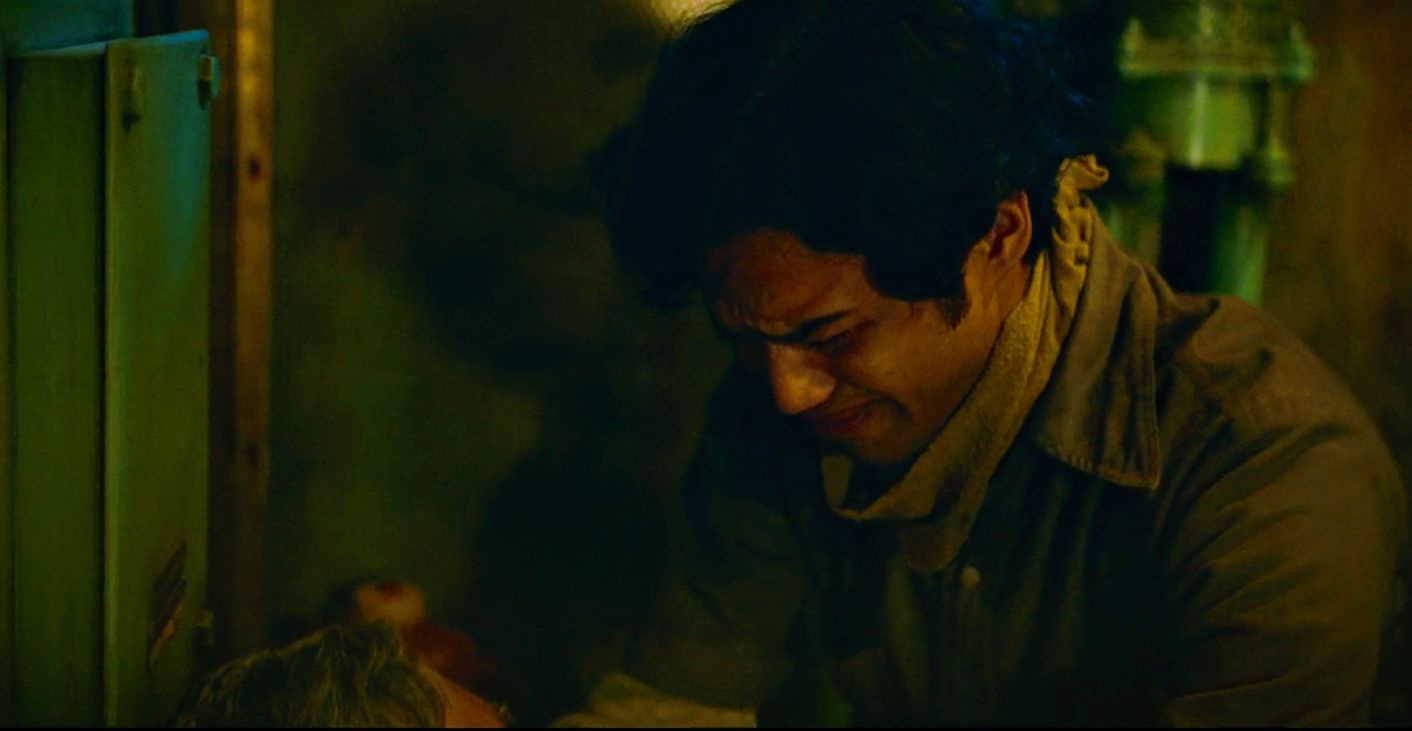
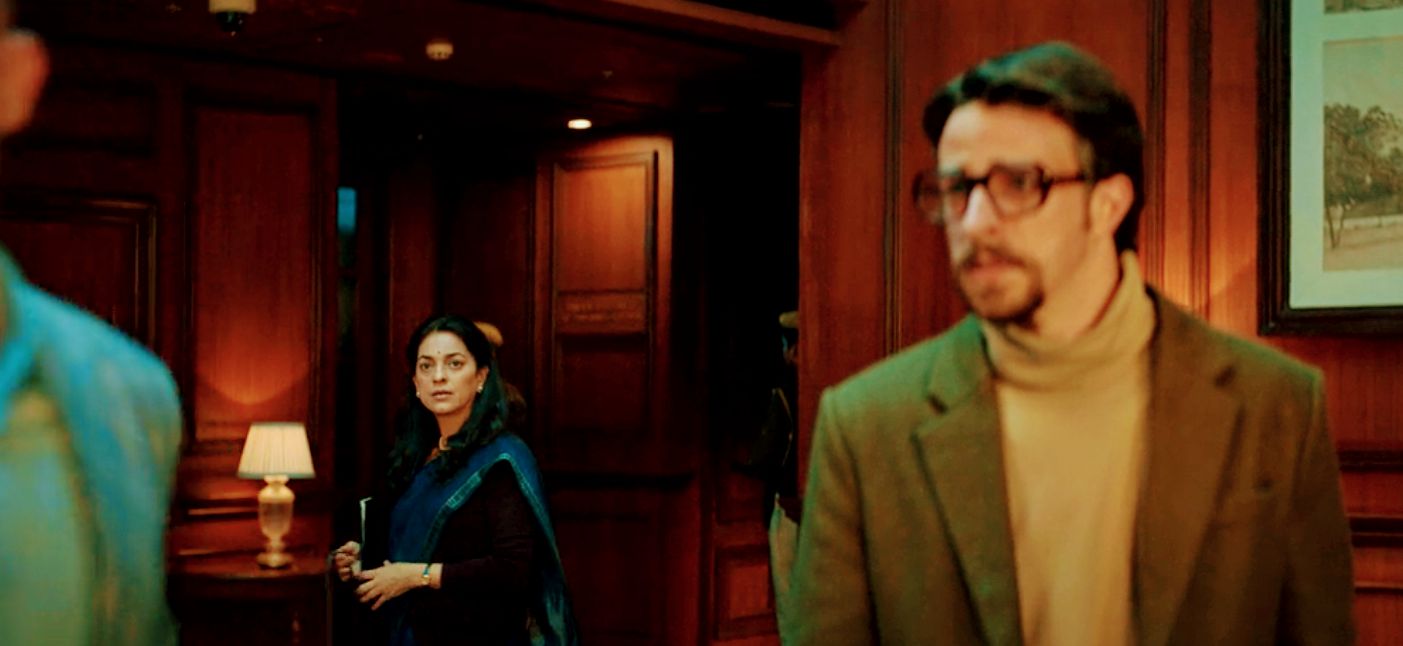
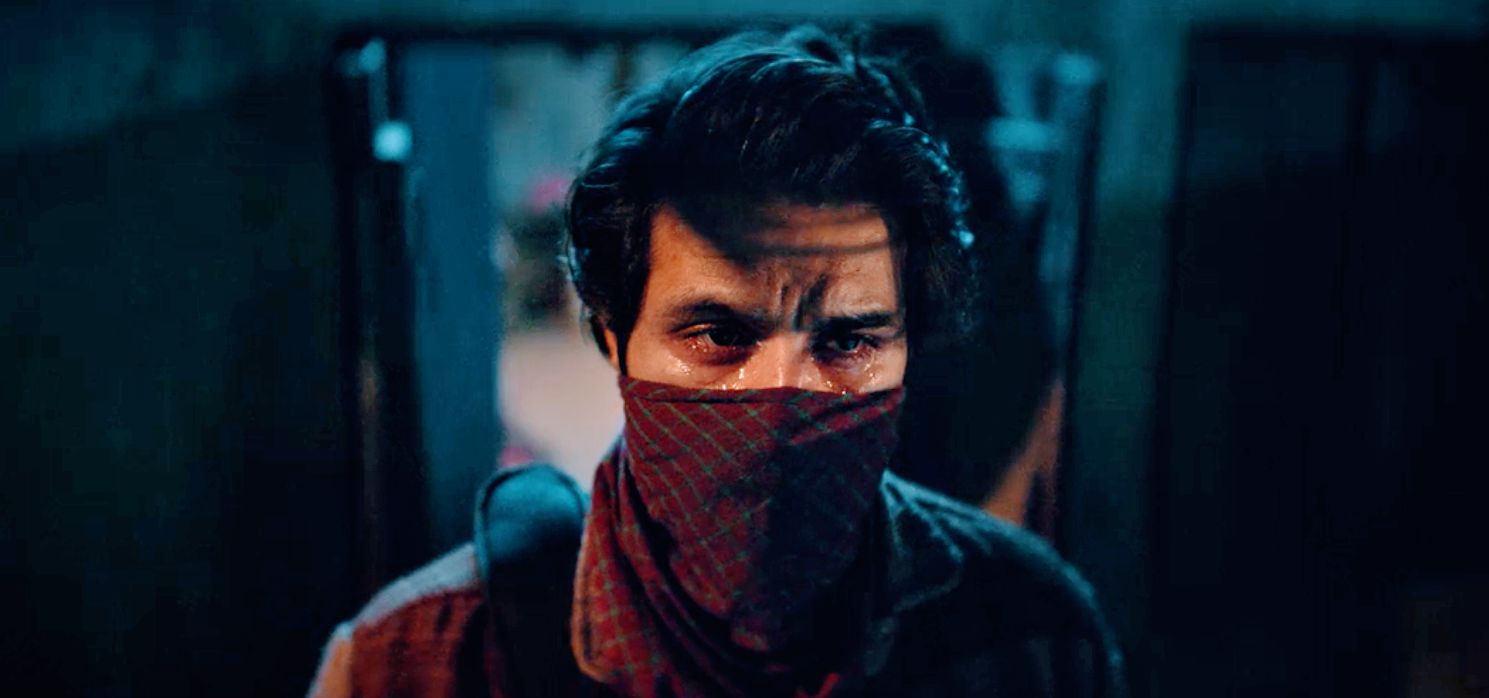
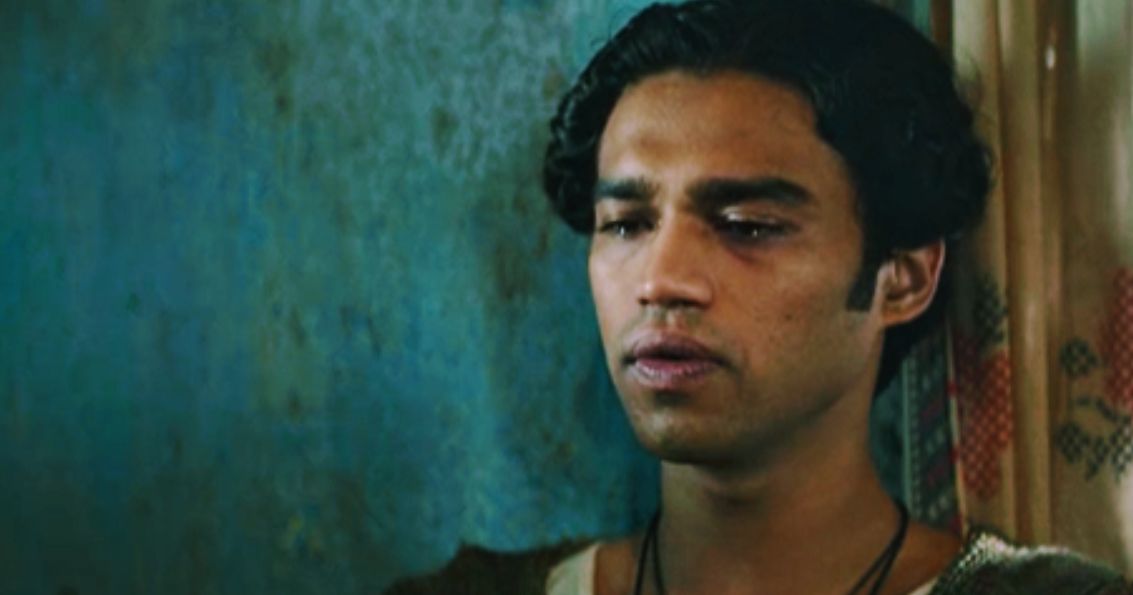
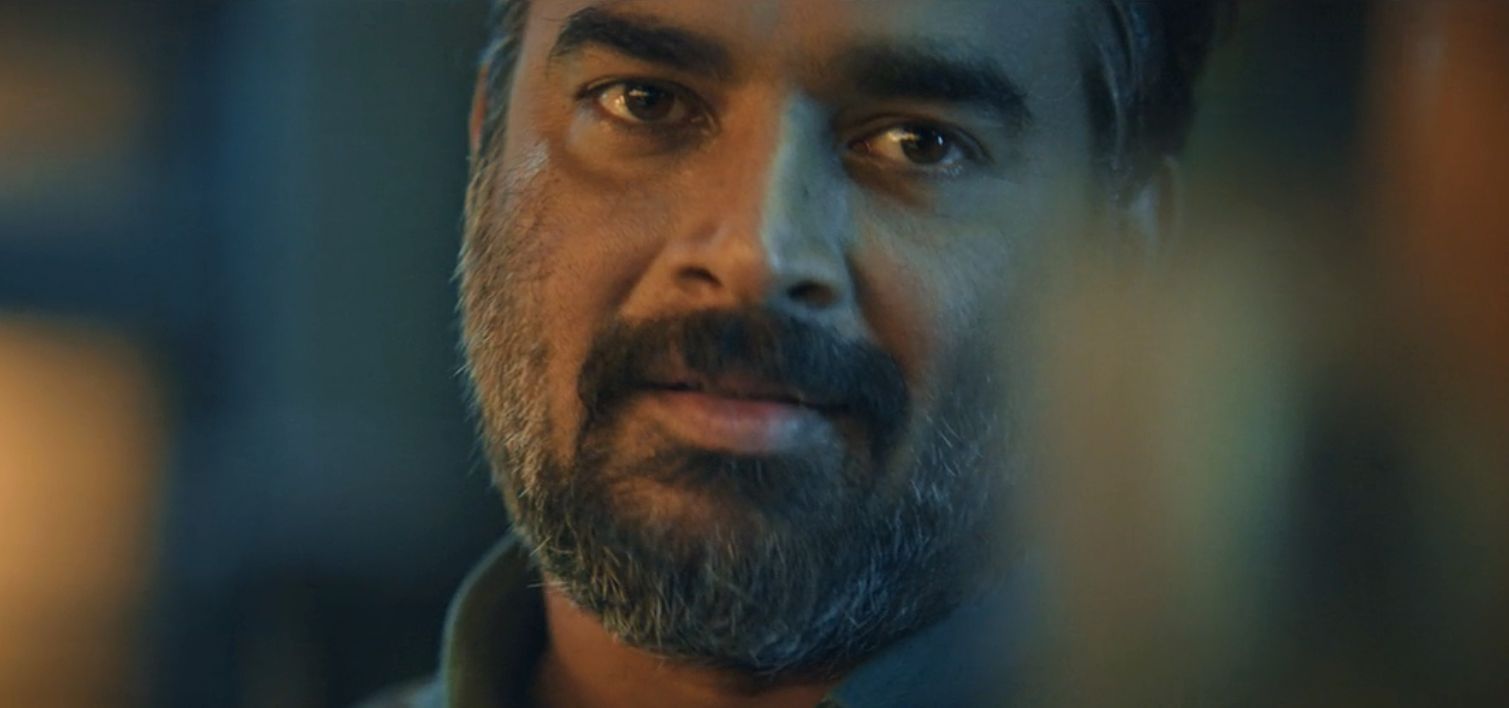
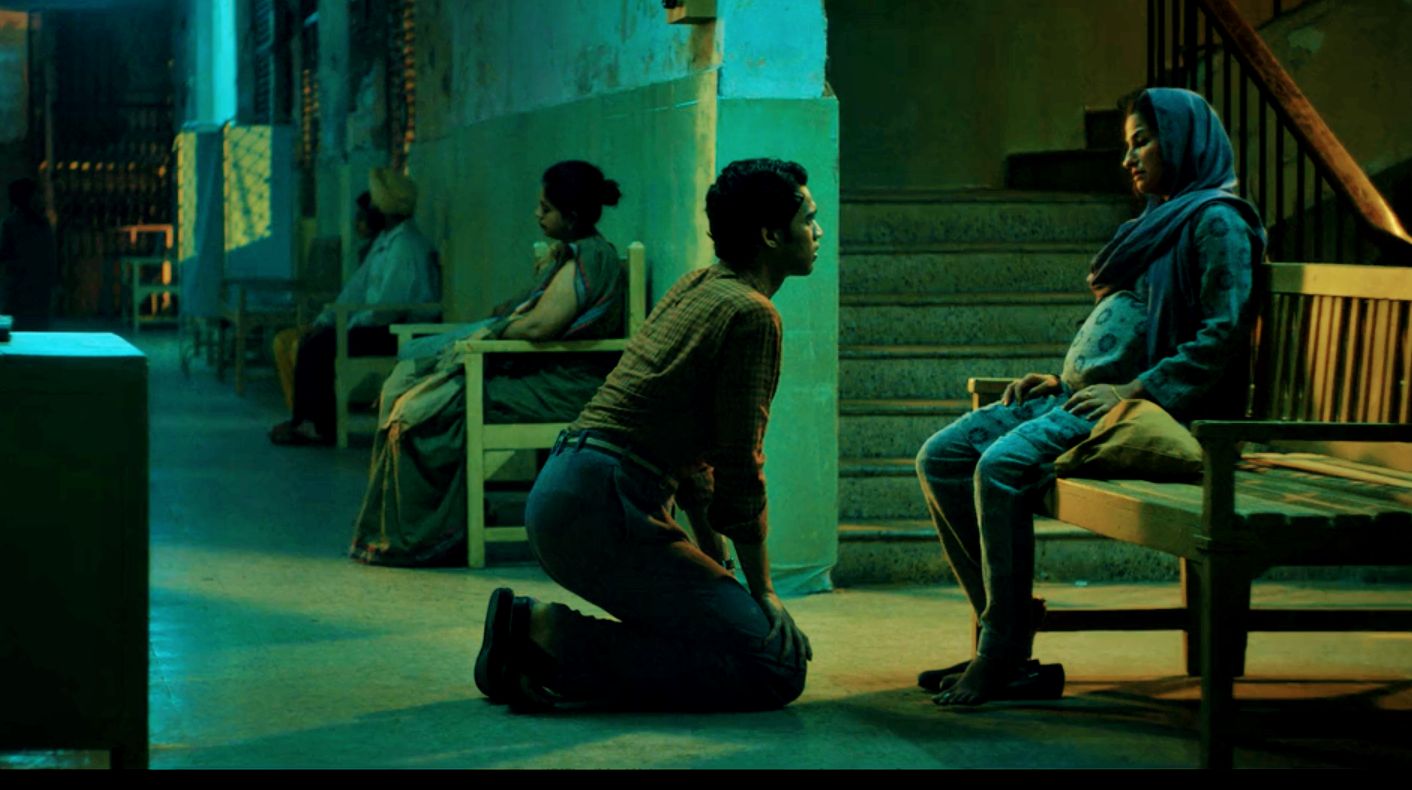
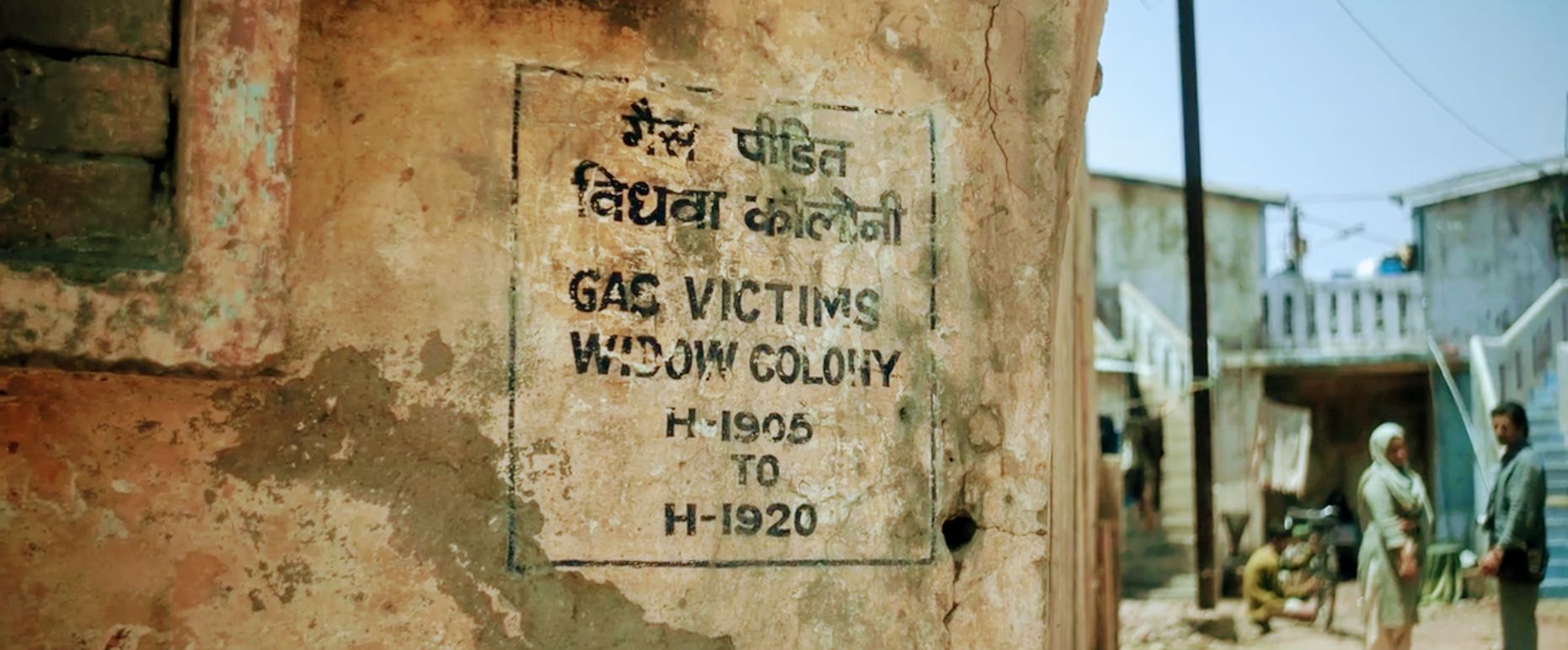
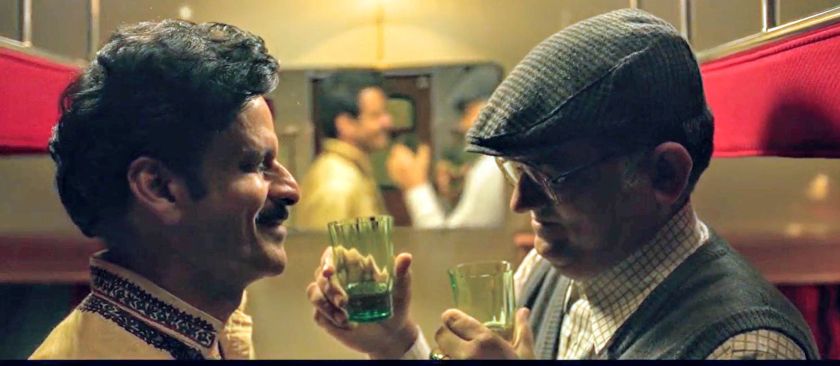
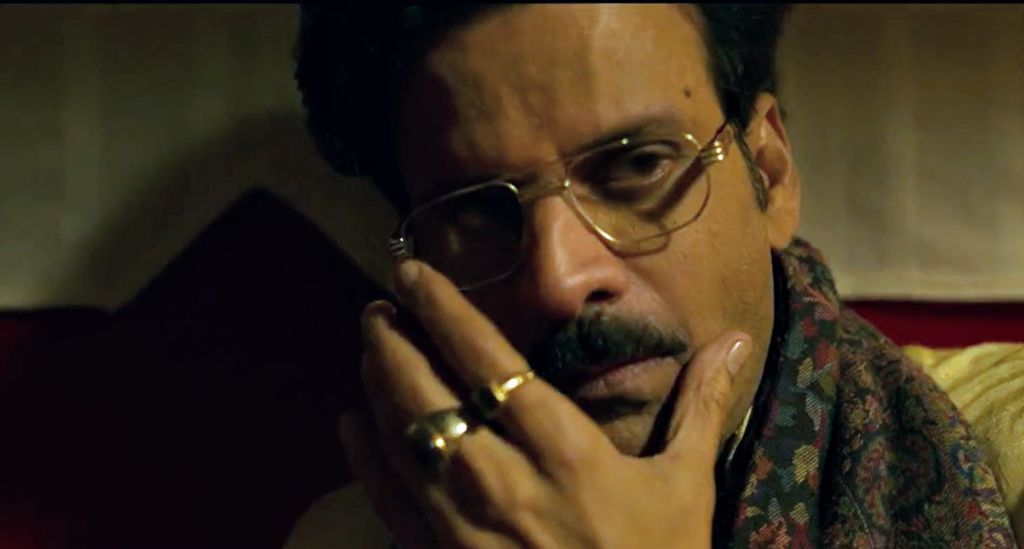
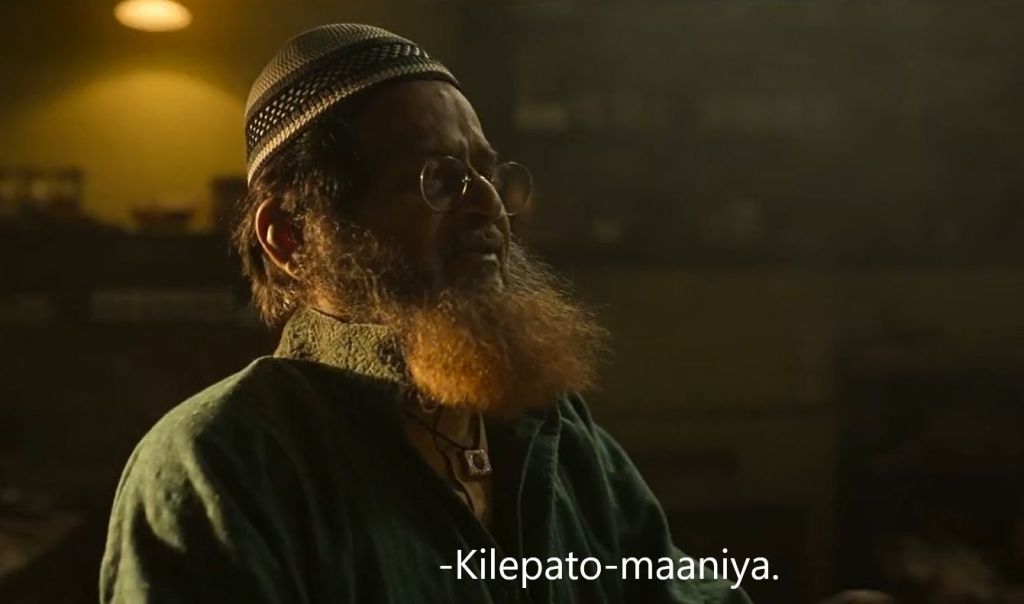
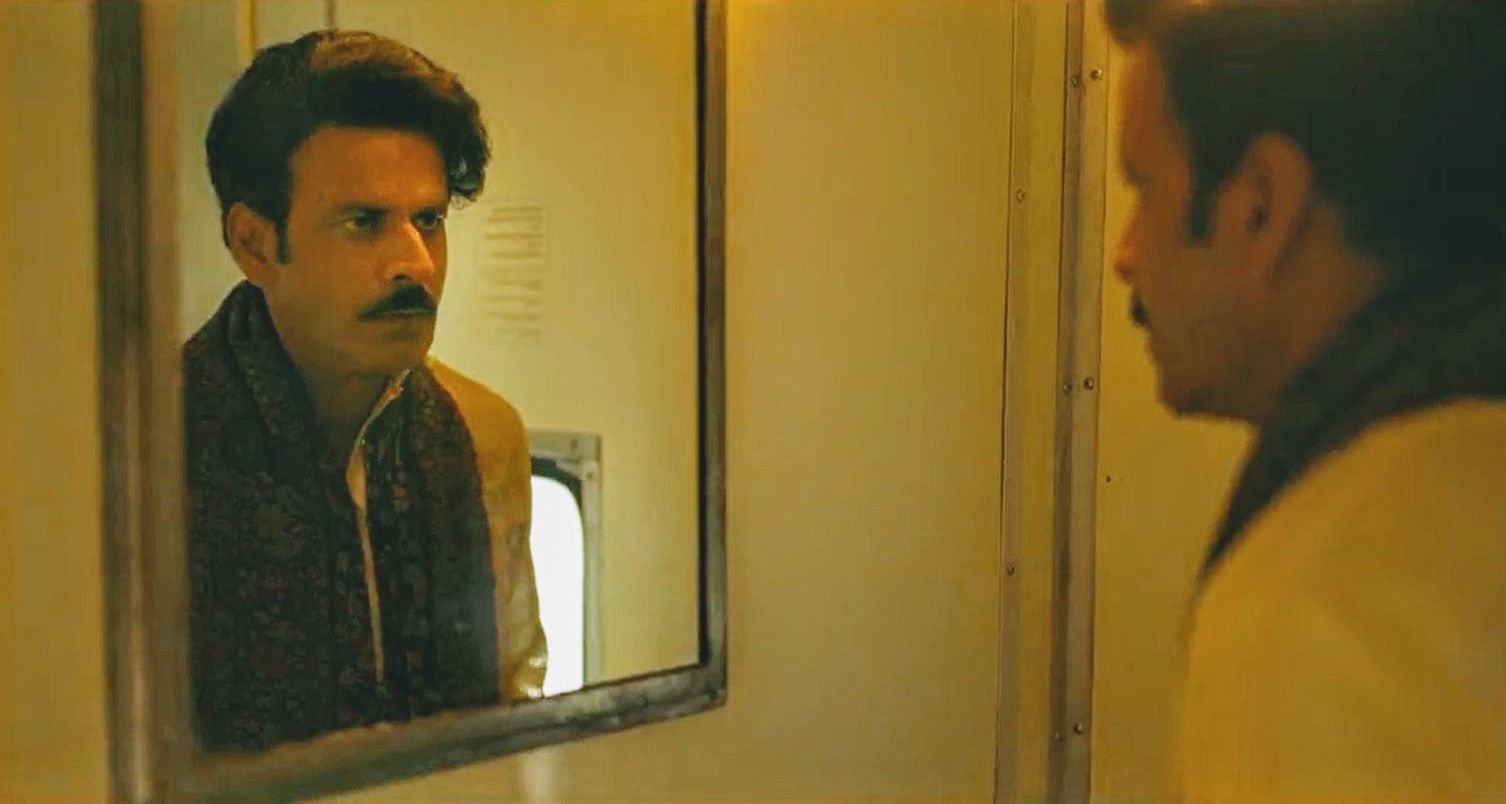
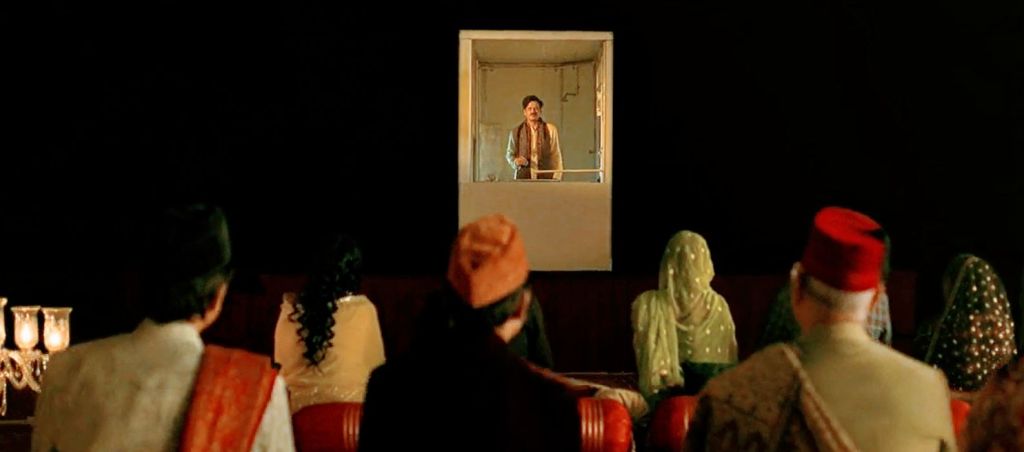
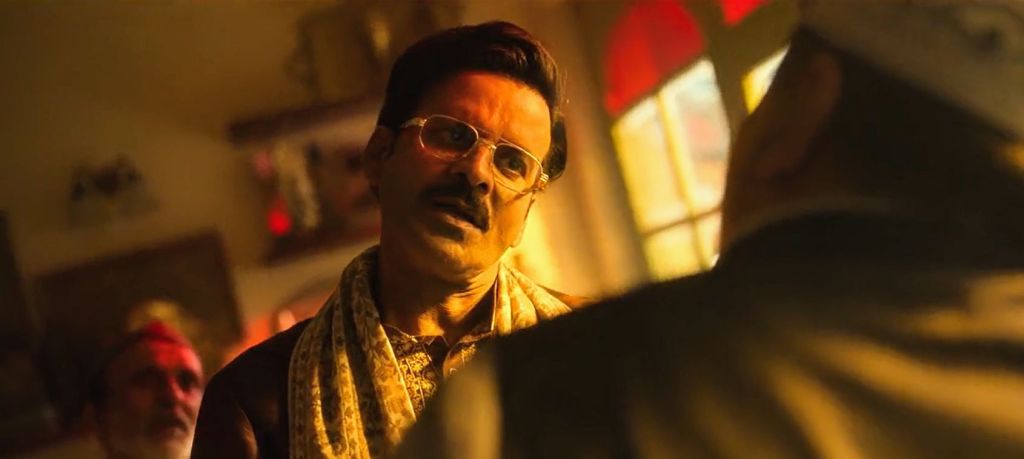
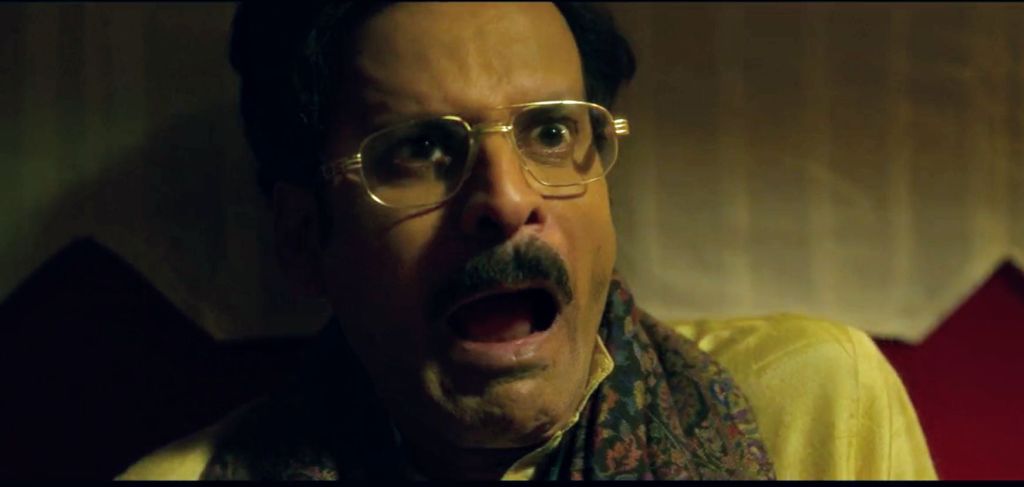
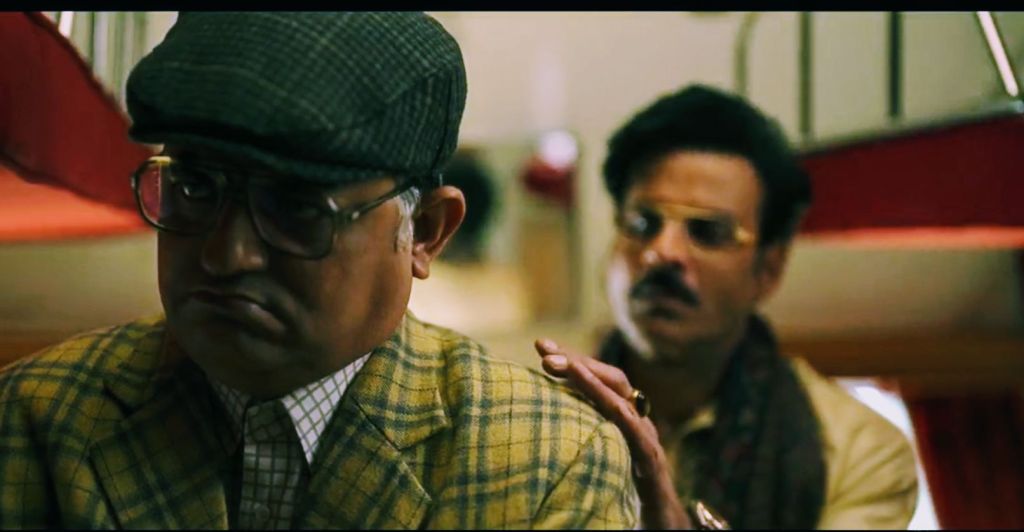
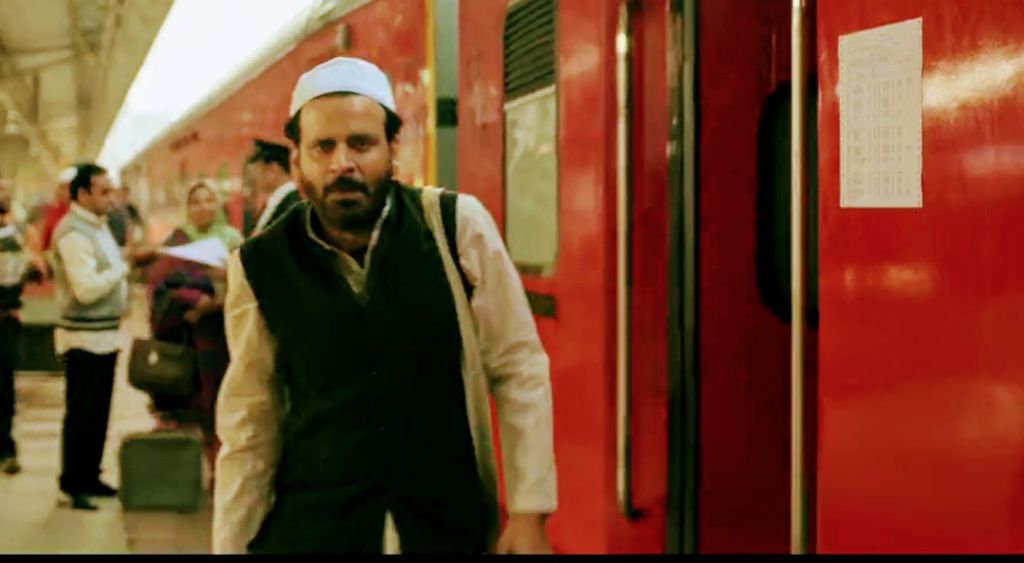
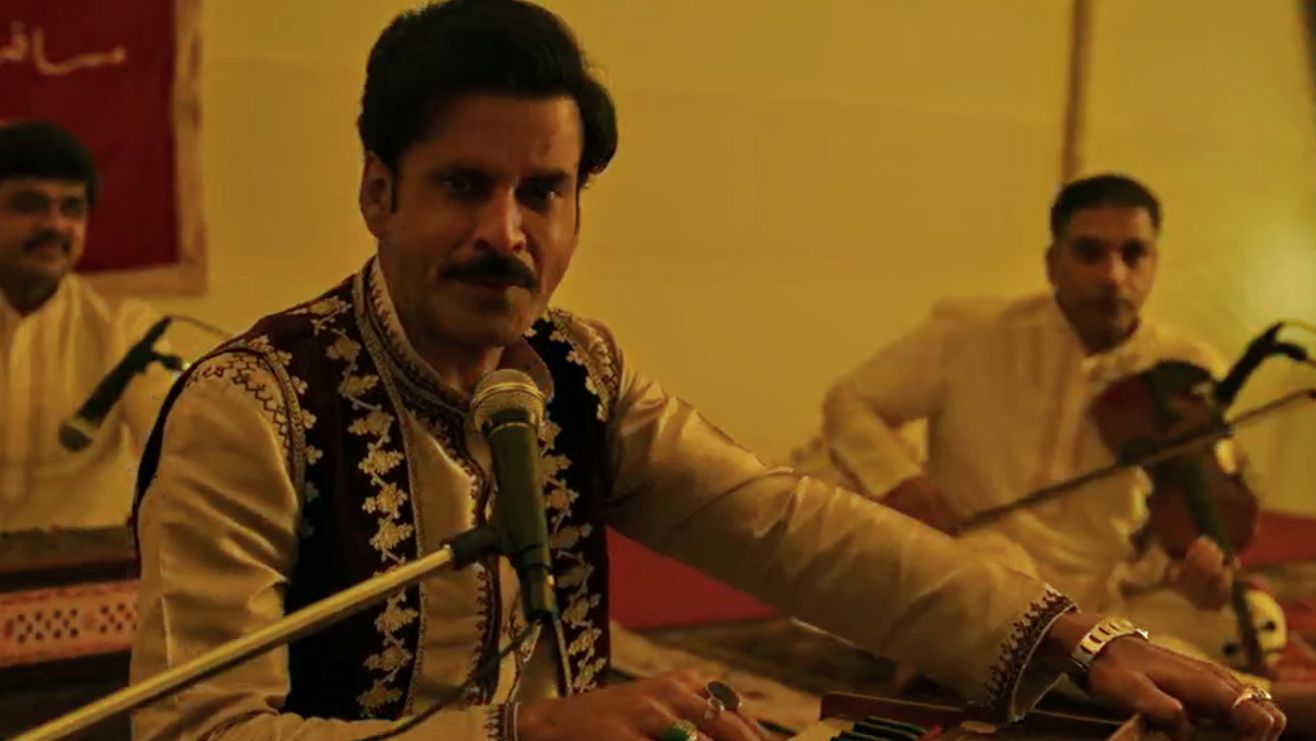
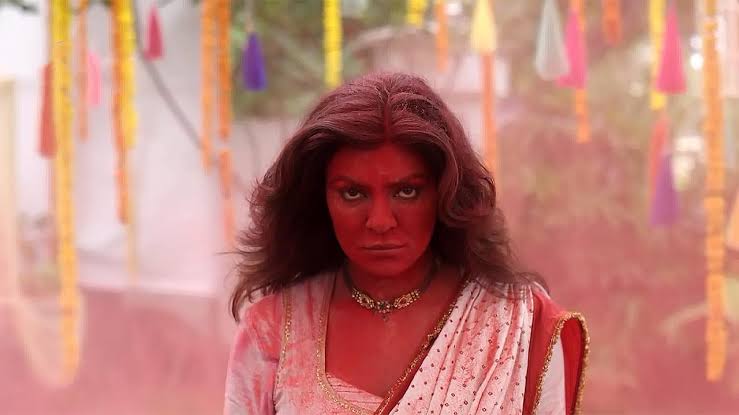
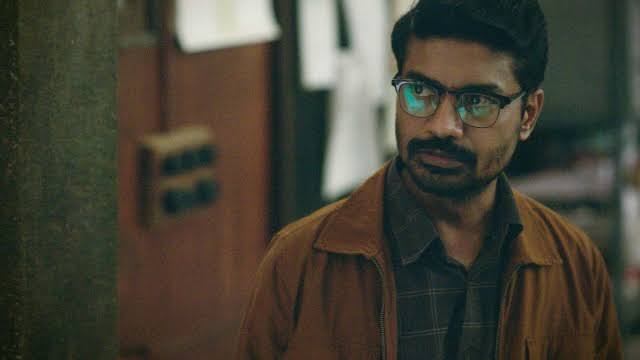

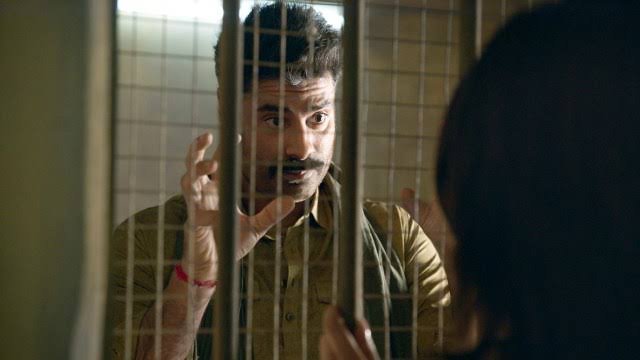
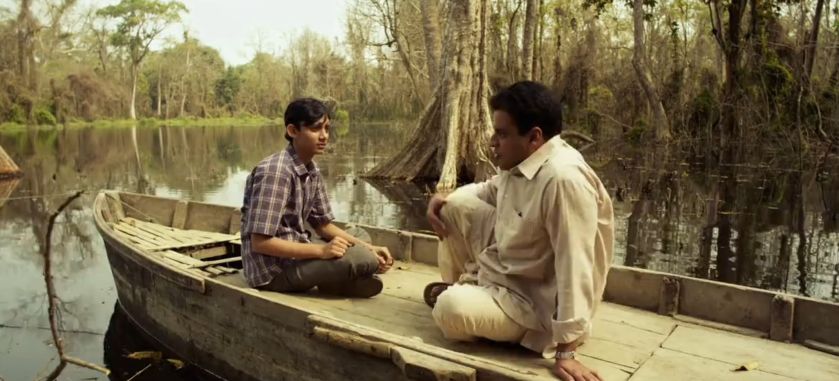
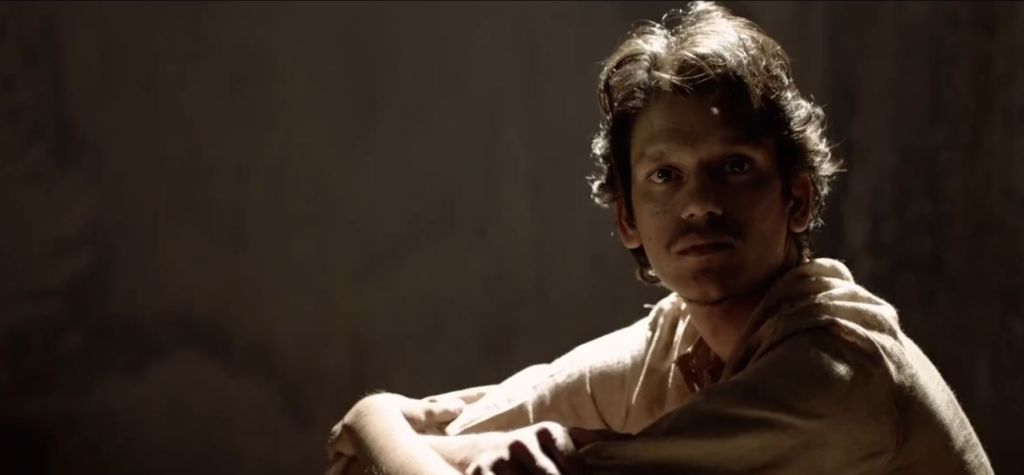
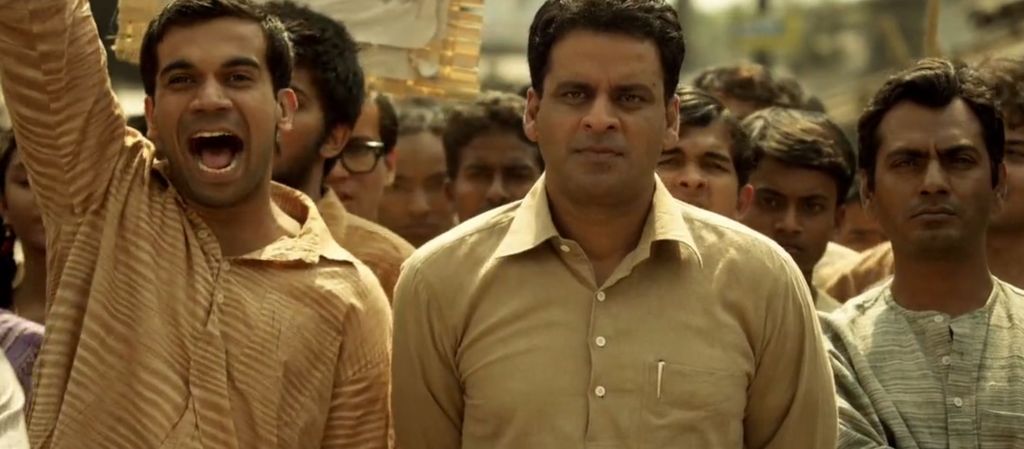
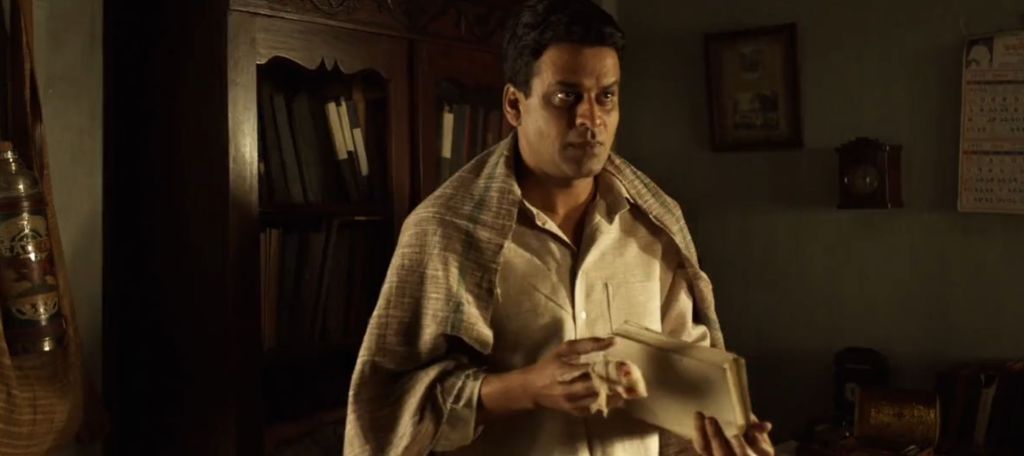
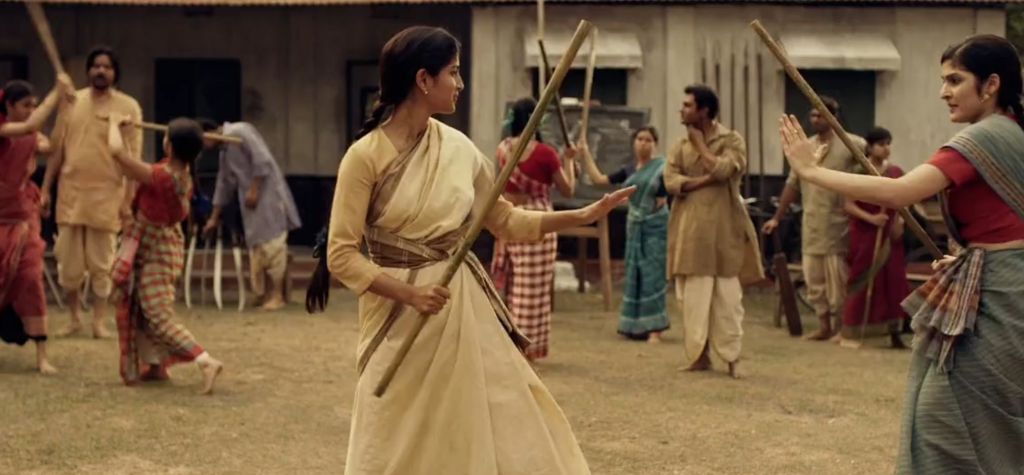
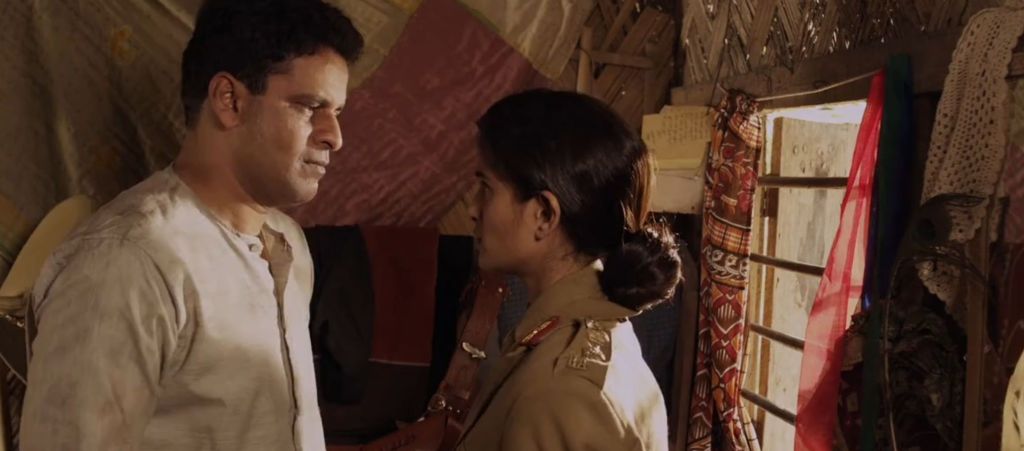
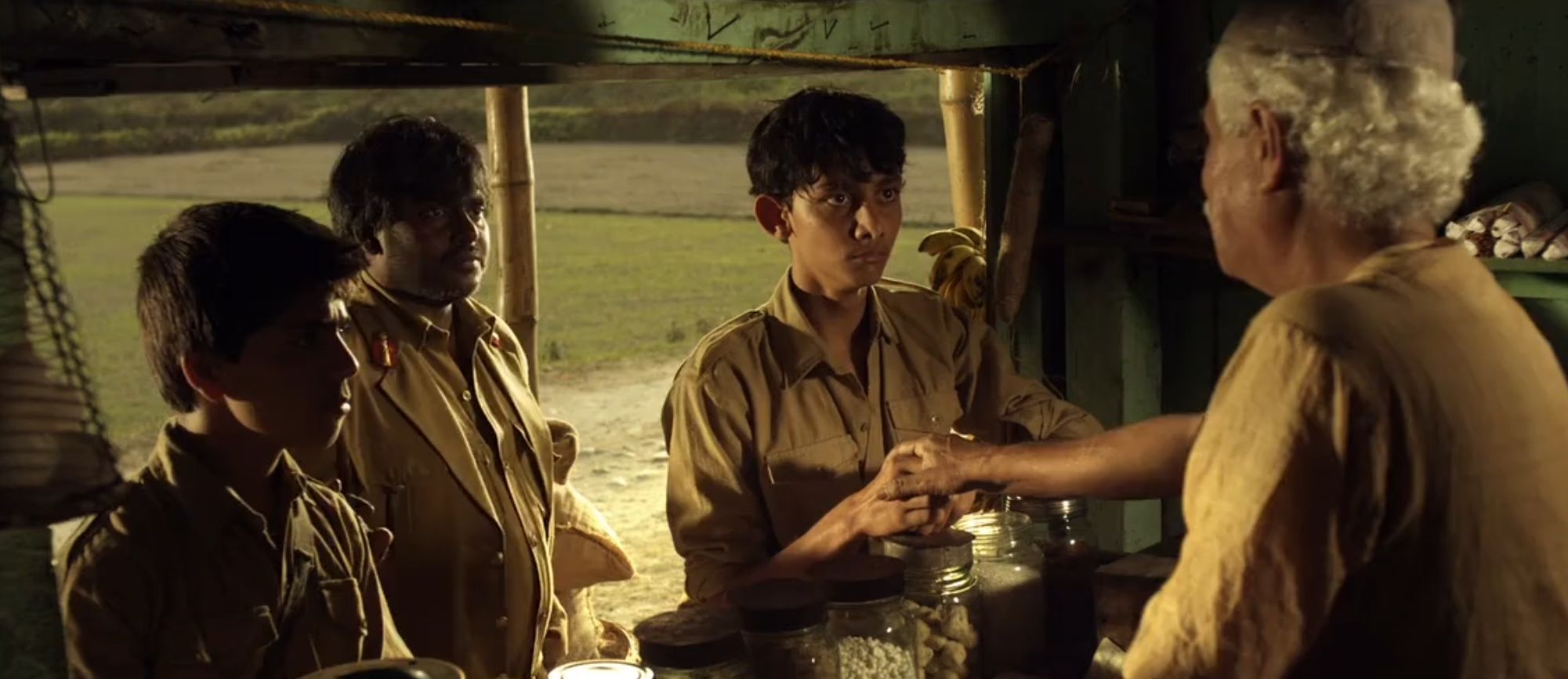
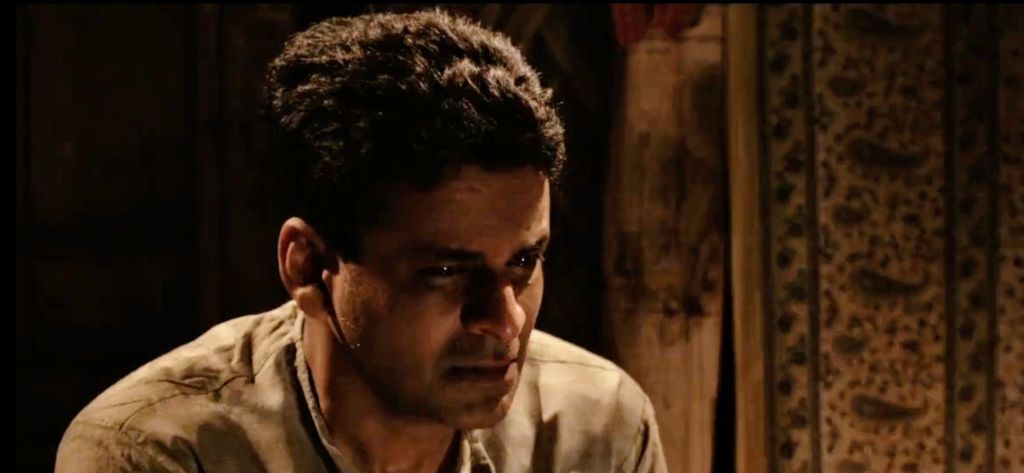
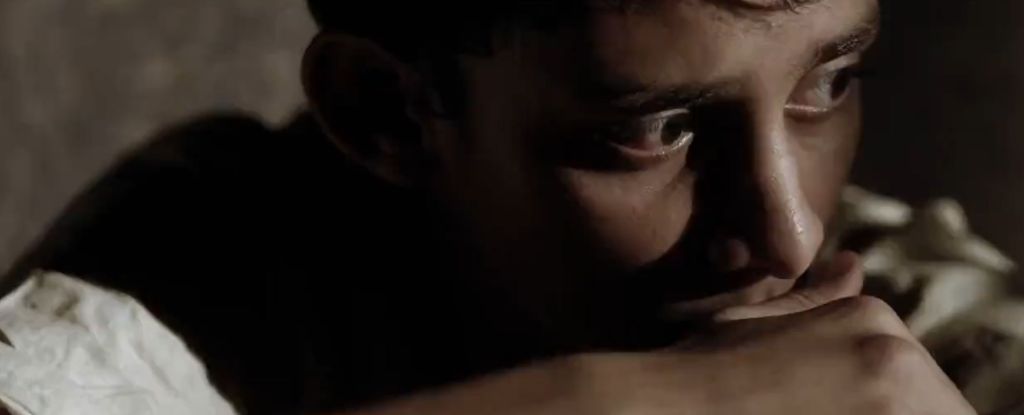
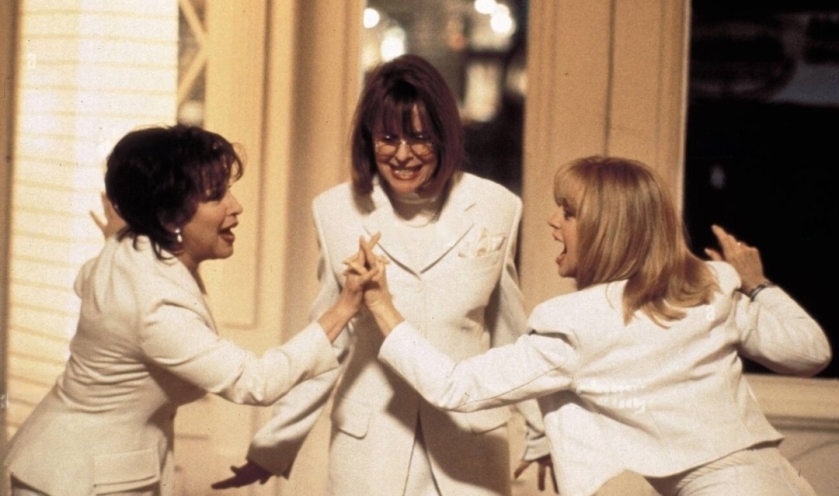


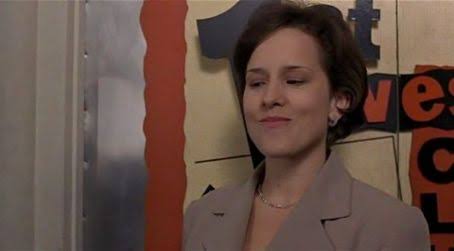
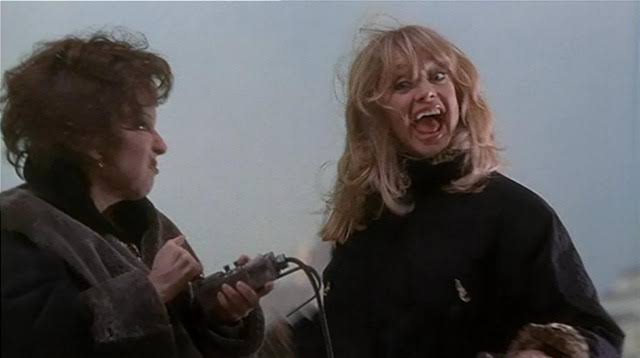

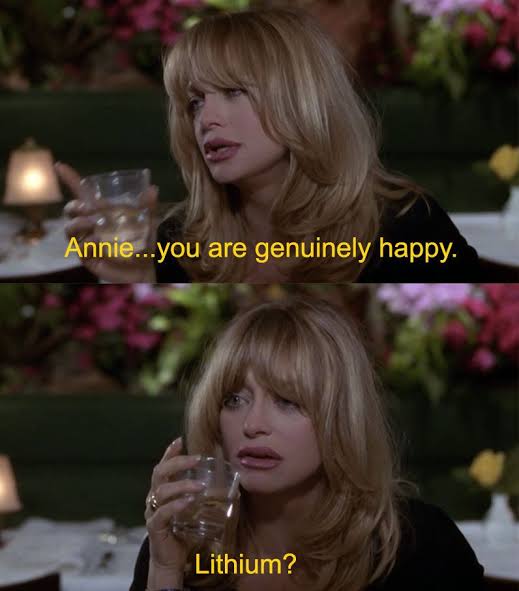
You must be logged in to post a comment.